Raising Our Voices: Hollywood’s 50 Forces for Change

Profiles by Seth Abramovitch, Gary Baum, Evan Nicole Brown, Tyler Coates, Kirsten Chuba, Aaron Couch, Scott Feinberg, Mesfin Fekadu, Mia Galuppo, James Hibberd, Rebecca Keegan, Sydney Odman, Rick Porter, Lacey Rose, Julian Sancton, Rebecca Sun and Beatrice Verhoeven
Cris Abrego & Karla Pita Loor
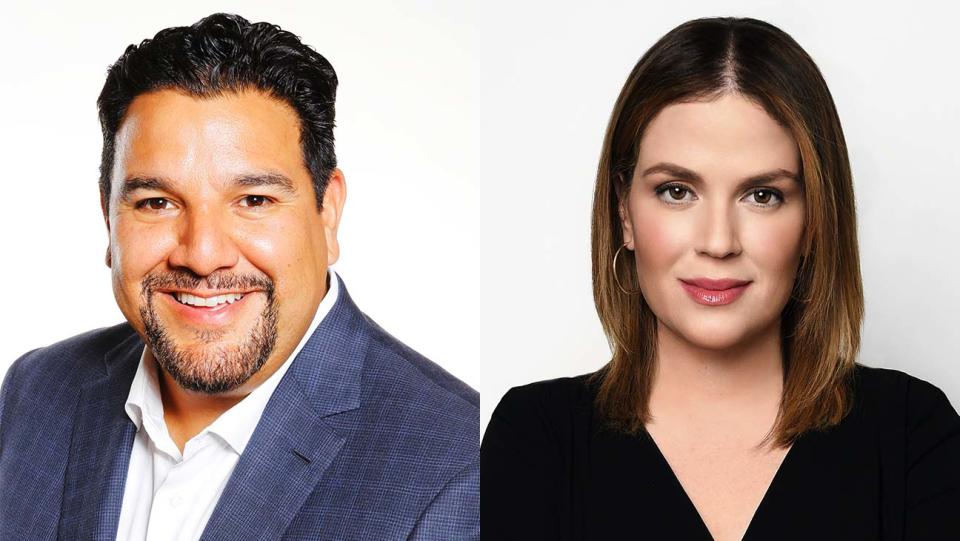
BANIJAY AMERICAS
More from The Hollywood Reporter
Abrego is one of the top-ranking Latino execs in English-language media, and Pita Loor is the board chair of the National Association of Latino Independent Producers, a major conduit for industry players who are invested in improving inclusion. Under their leadership, Banijay Americas has stepped up initiatives to help people from historically excluded backgrounds break into entertainment. “This work has both financial and cultural bottom lines, and those are not only equally important but also inextricably connected,” says Abrego of the content business. “Success requires attention to both.”
I’m excited about …
ABREGO “Mindy Kaling is just laugh-out-loud funny and totally unapologetic in her commitment to centering underrepresented people in broad stories.”
PITA LOOR “Dr. Ana-Christina Ramon and Dr. Darnell Hunt, co-authors of the UCLA Hollywood Diversity Report. They’ve tied onscreen representation to market performance and demonstrated that inclusion drives ratings and the box office.”
Riz Ahmed
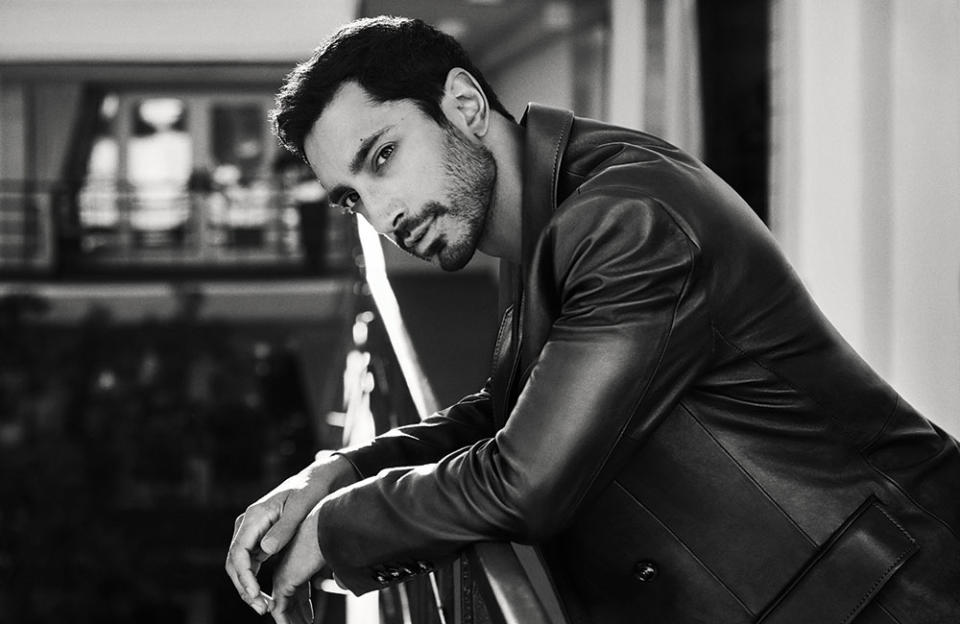
ACTOR-PRODUCER
Known for his lauded onscreen roles in The Night Of and Sound of Metal, Ahmed is also telling diverse stories through his banner Left Handed Films (The Long Goodbye), which has a first-look TV deal with Amazon Studios. He executive-produced transgender love story Joyland, the first Pakistani film to play at Cannes and be shortlisted for the best international feature Oscar. Ahmed also teamed with USC’s Annenberg Inclusion Initiative for two studies on the prevalence and portrayal of Muslim characters onscreen, revealing just how sparse those portrayals have been.
A force for change in my career: “Idris Elba. He told me once to go to the USA and to not let people categorize me. I listened to him.”
Stephanie Allain
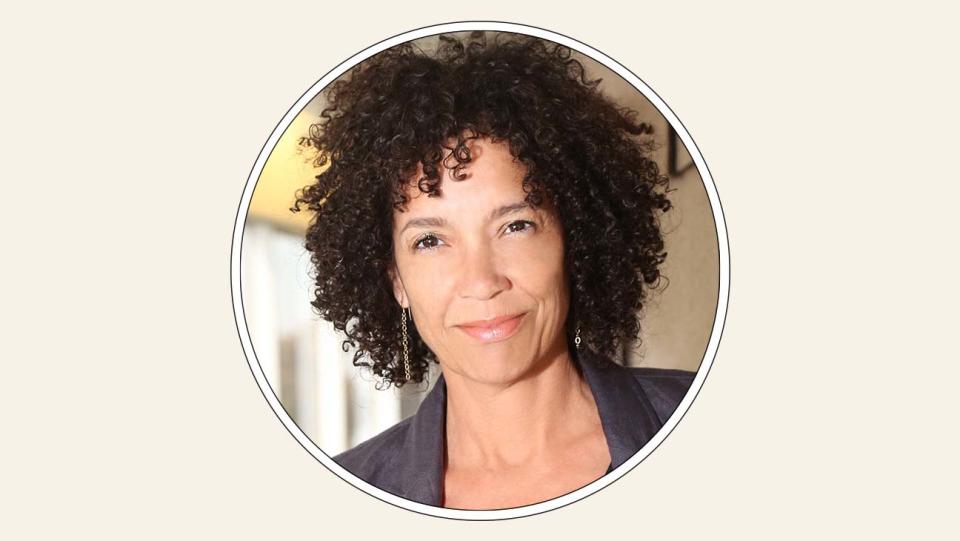
PGA PRESIDENT
Before becoming co-president of the Producers Guild of America — and the first woman of color to lead the organization — Allain helped launch the trajectories of John Singleton, Darnell Martin and Robert Rodriguez as a creative exec in the ’90s. She also broke new ground implementing diversity metrics as the L.A. Film Festival director in the 2010s and has supported emerging voices as a producer (Hustle & Flow, Dear White People).
Companies that want real change should … “Make sure the gatekeepers in every department are a diverse group of individuals with authority.”
Byron Allen
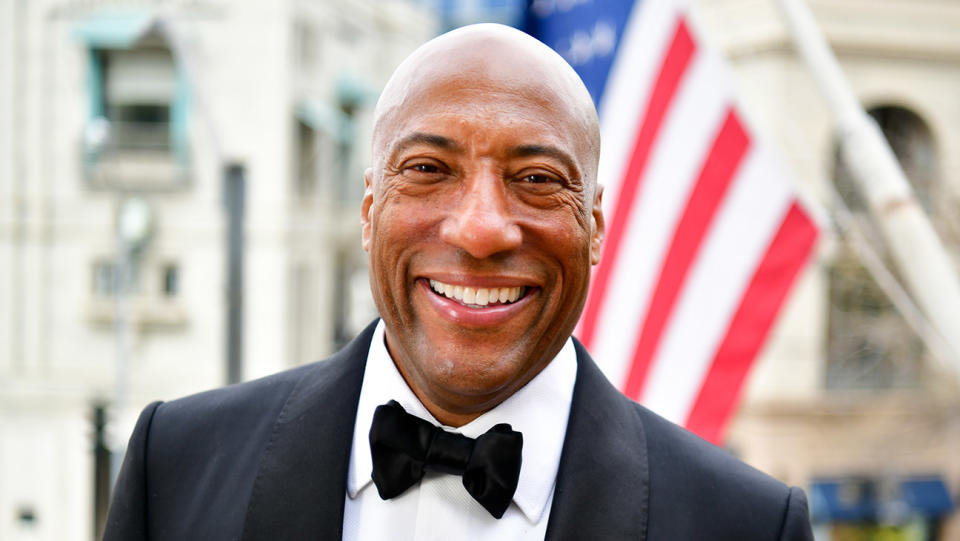
MEDIA MOGUL
The Allen Media Group chairman — who owns The Weather Channel, TheGrio and dozens of local TV stations across the country — has called out racial inequality in the business sphere his entire career, battling Comcast all the way to the Supreme Court in his pursuit of social justice. “Black America owns nothing and has very little,” Allen, 62, tells THR. “We must close the education gap and achieve real economic inclusion through substantial Black ownership throughout the entire global financial ecosystem.”
Companies that want real change should … “Stop the systemic racism and start real economic inclusion for Black America.”
The worst microaggression I’ve experienced or witnessed in the industry: “Unfortunately, the industry does not have a shortage of racism and sexism. There are too many examples to list.”
Jairo Alvarado
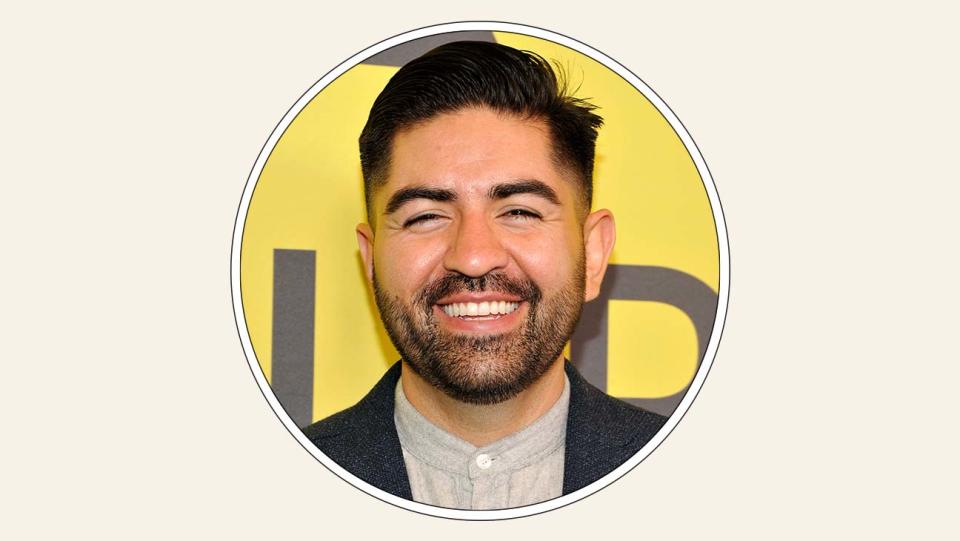
MANAGER
Alvarado co-founded lit management and production company Redefine Entertainment to support talent from underrepresented groups. His client list includes Lulu Wang, Blue Beetle director Angel Manuel Soto and writer Gareth Dunnet-Alcocer. “What if having empathy for one another became the DNA of our business?” asks Alvarado, who serves on the board of the National Association of Latino Independent Producers. “Businesses can inspire ways to speak to all consumers. That in itself would lead to the inclusion of many more voices.”
A force for change in my career: “Kevin McCormick at Warner Bros. If he hadn’t opened that door for me, I may have found myself in a different part of the business — or out of it entirely.”
The worst microaggression I’ve experienced or witnessed in the industry: “I was at a crossroads in my career and someone said to me, ‘I don’t know what your [client] list is, but you’re Latino, so you’ll be fine.’ ”
Bela Bajaria
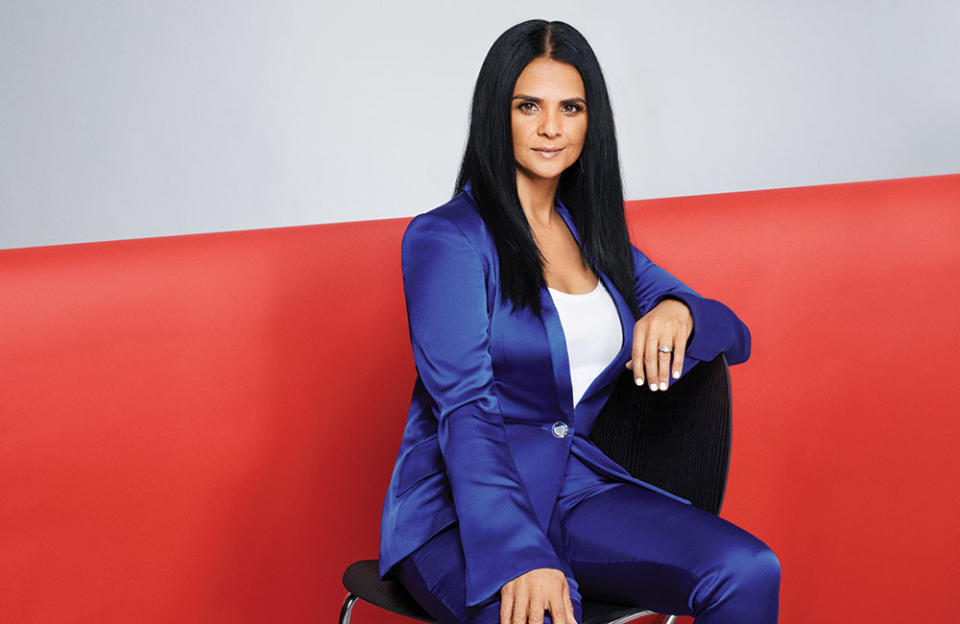
NETFLIX
Bajaria’s rise continues at Netflix, where she’s now chief content officer and responsible for both film and TV output to the streamer’s 232.5 million subscribers. Of late, the veteran exec is responsible for a growing stable of inclusive hits, from Korean juggernaut Squid Game to Shonda Rhimes’ Bridgerton prequel Queen Charlotte. Bajaria likes to say that Netflix doesn’t make global shows, but rather local shows that resonate globally. “So people actually see themselves,” she’s said, “and see cultures and people they don’t know about.”
Greg Berlanti
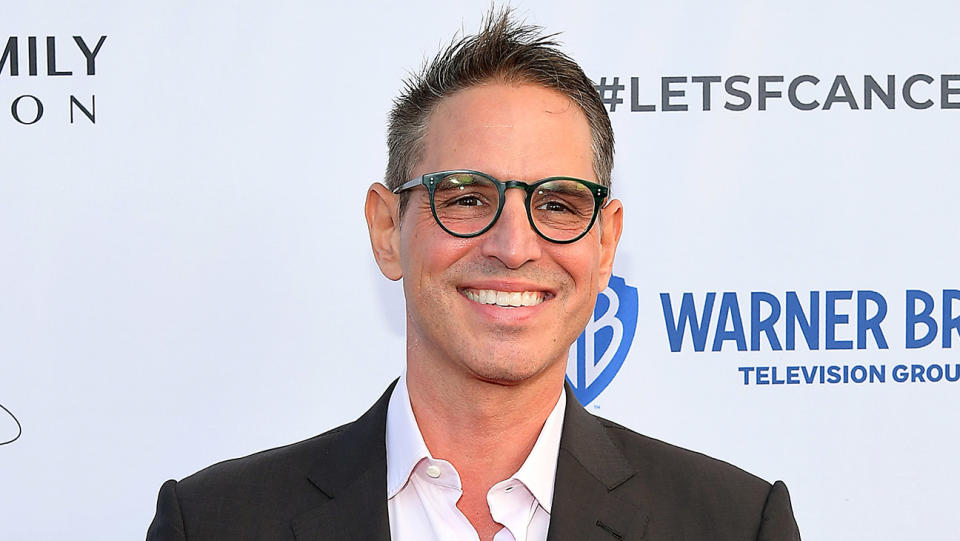
WRITER-PRODUCER
With recent feature film adaptations like My Policeman and Love, Simon, veteran TV producer Berlanti is working to give queer stories a platform on the big screen. But if the industry is looking to make real change, Berlanti says, it has to come from the top: “Companies should start looking at their executive suite to ensure those voices are as diverse as the stories they tell and the world in which we live.”
I’m excited by … “[All American EP] Nkechi Okoro Carroll, who I believe represents and demonstrates the best of what real change is in this business.”
Eryn Brown
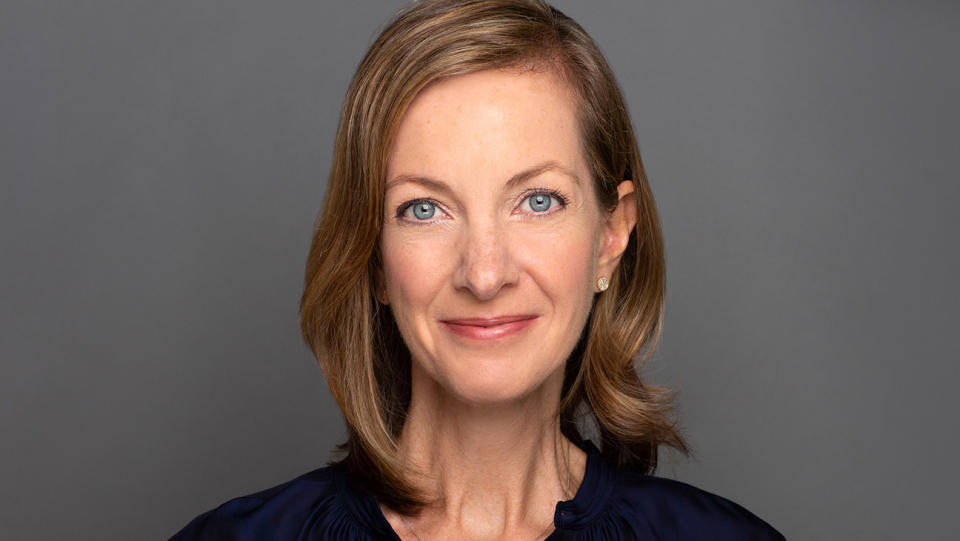
MANAGER
With disability representation often overlooked in inclusion conversations, Brown says, executives need to understand “the systemic issues that have prevented opportunity and then [put] the time and effort into creating access for those who are not in the room.” The 360 Entertainment partner co-founded the 1IN4 Coalition, which aims to create institutional change not only when it comes to accessible work environments and hiring, but also to ensure that disabled, neurodiverse and deaf people are authentically represented onscreen.
Companies that want real change should … “Give more women greenlight power.”
The worst microaggression I’ve experienced or witnessed in the industry: “Every inaccessible stage.”
Nicole Brown
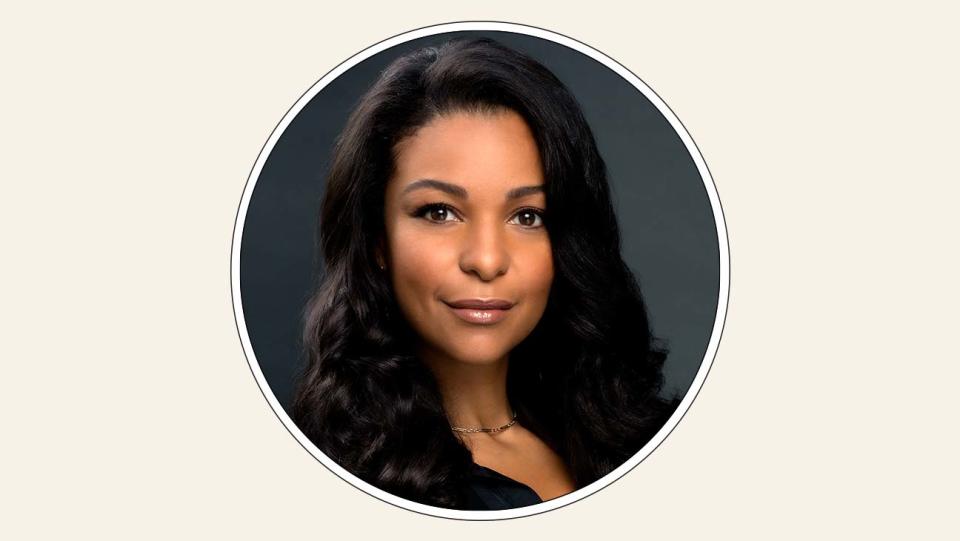
TRISTAR
The first Black woman to run a film label at a major film studio, Brown was the impassioned force behind getting Viola Davis and Gina Prince-Bythewood’s The Woman King and the Whitney Houston biopic I Wanna Dance With Somebody made, as well as landing 2020’s Happiest Season — a first for LGBTQ+ representation. Being a force for change means “being fearless and unapologetic to push the limits of what our business is capable of,” says Brown.
A force for change in my career: “John Singleton, whom I met during his making of Boyz N the Hood. We spent a lot of time discussing the power of transformational storytelling and making sure ‘we’ were in the room. Miss him.”
Quinta Brunson
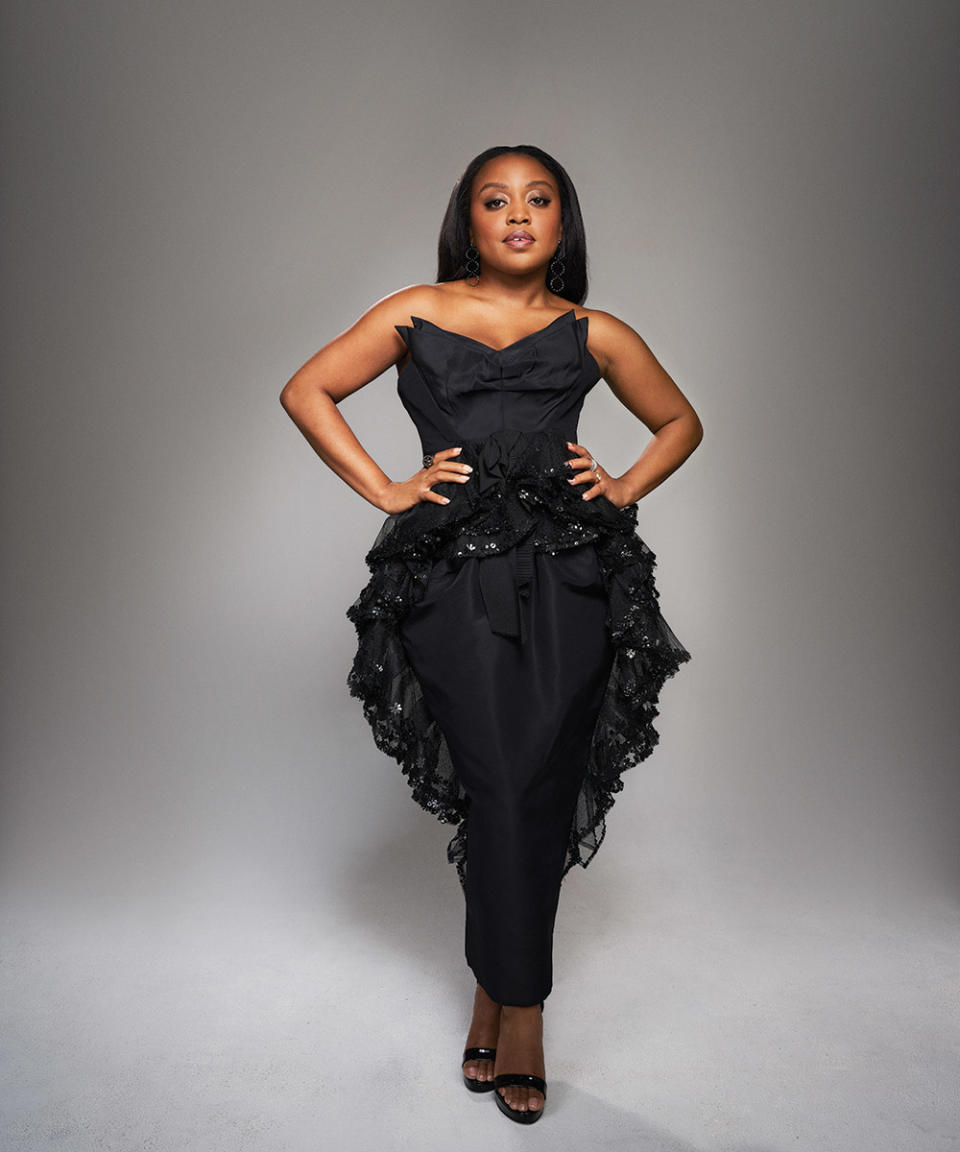
WRITER-PRODUCER-ACTOR
Not content with just being the creator and star of what is, perhaps, the only cool show on broadcast TV, the Emmy-winning writer and SAG Award-winning star of Abbott Elementary has leveraged her show’s atypical success for good since day one — donating much of the marketing budget for her grammar-school-set sitcom to pay for school supplies and using her recent Saturday Night Live monologue to advocate for educator salaries.
A force for change in my career: “Erin Wehrenberg [senior vp comedy, ABC], who understood my potential.”
Kathryn Busby
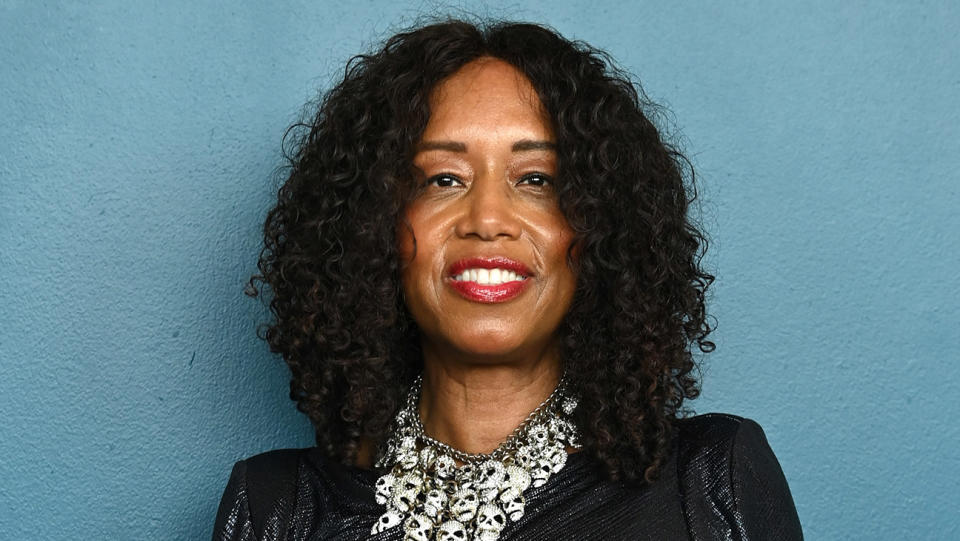
STARZ
For Busby, whose roster includes P-Valley, Run the World and Black Mafia Family, pushing for equity and inclusion in Hollywood means “making sure I use my voice and my platform to do good in the world.” Before taking the reins at the cable network, she worked with The Black List creator Franklin Leonard on a plan to identify diverse new talent for blind script deals and staffing at Sony, and served on the BAFTA Steering Group to ensure diversity in the award nominations.
Fave inclusive project (that I didn’t work on): “Swarm, with Beef as a close second.”
Gloria Calderón Kellett
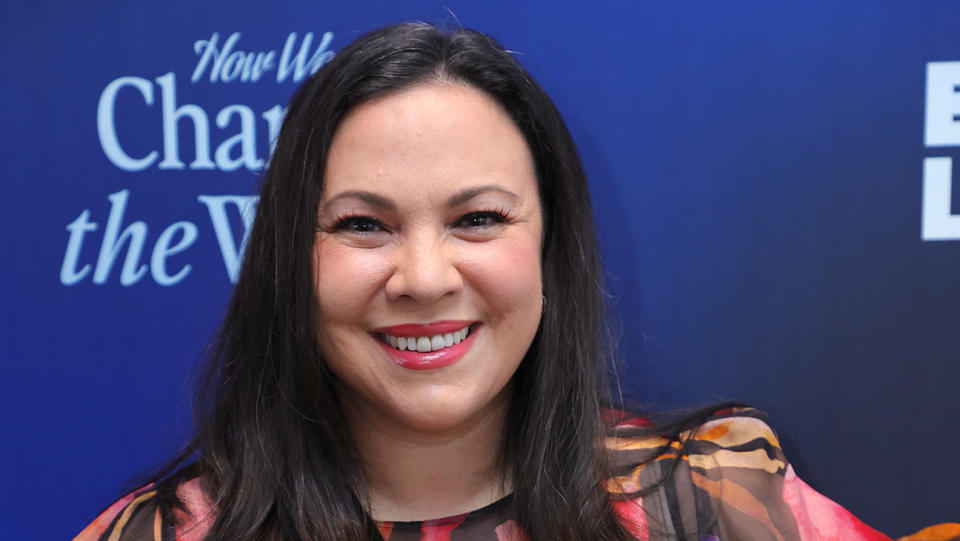
WRITER-PRODUCER
An actress, director and writer, Calderón Kellett is perhaps best known for her work as a showrunner. Under a deal with Amazon, she’s delivered projects fronted by women and members of the Latino/a/x/e community (see: With Love and forthcoming The Horror of Dolores Roach) and assisted the streamer in developing its Inclusion Playbook minimums (more on this below). A member of the Television Academy’s executive committee, the Cuban American has also lent her advocacy to groups like Untitled Latinx Project, The Creative Coalition and the environmentally minded Scriptation.
RuPaul Charles
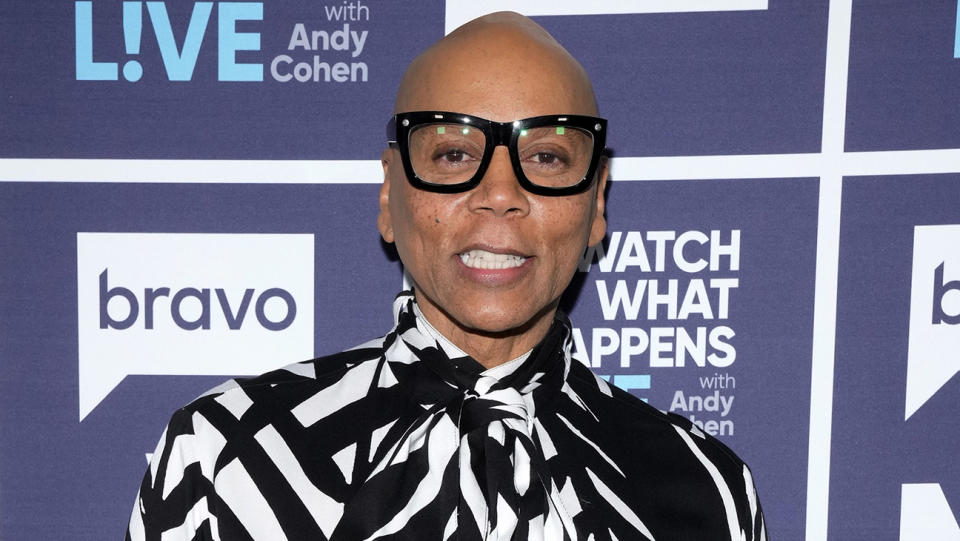
ACTOR-PRODUCER
The 12-time Emmy-winning creator and host of RuPaul’s Drag Race has done more for queer representation on TV than just about anyone. But RuPaul, who populates his series with diverse personalities within the LGBTQ+ community, engages in just as much activism off-camera. Alongside producers Fenton Bailey and Randy Barbato, RuPaul recently drove $1.4 million in donations to the ACLU’s Drag Defense Fund — supporting a community under fire by anti-drag legislation in states like Tennessee and Texas.
Albert Cheng
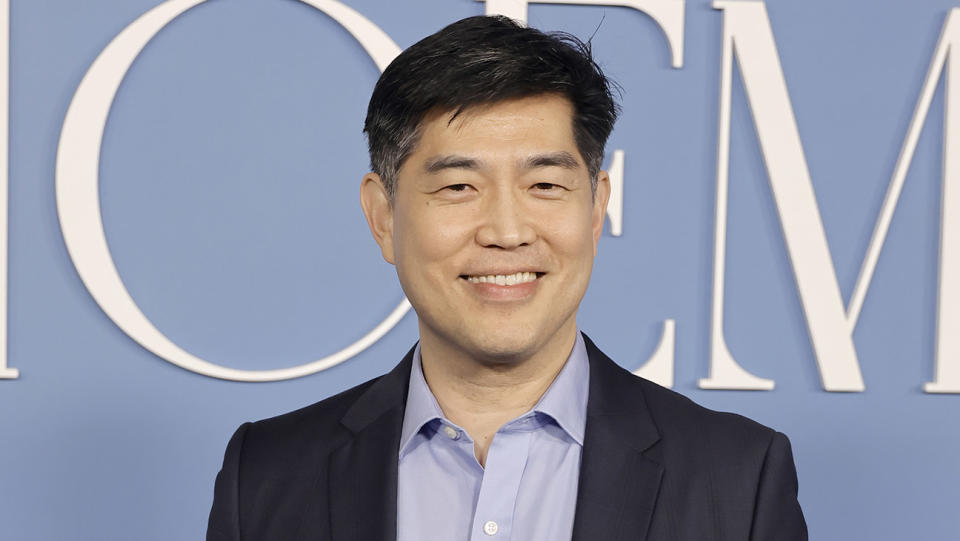
AMAZON PRIME VIDEO U.S.
Two years ago, Amazon Studios made it clear to Hollywood that the company was going to be a major diversity leader by announcing a detailed “playbook” that set inclusion minimums for both behind and in front of the camera (such as mandating that 30 percent of creative teams come from an underrepresented group — a benchmark set to rise to 50 percent next year). To Cheng, it seemed like a direct evolution for an executive who was first captivated by the possibilities of TV when he saw the groundbreaking miniseries Roots as a kid. “It goes beyond advocacy,” he says. “It’s about being intentional — setting goals for inclusion and holding ourselves accountable.”
Hollywood’s state of inclusion is … “Fragile, as economic pressure in our business can leave equity and inclusion on the cutting-room floor.”
Ryan Coogler
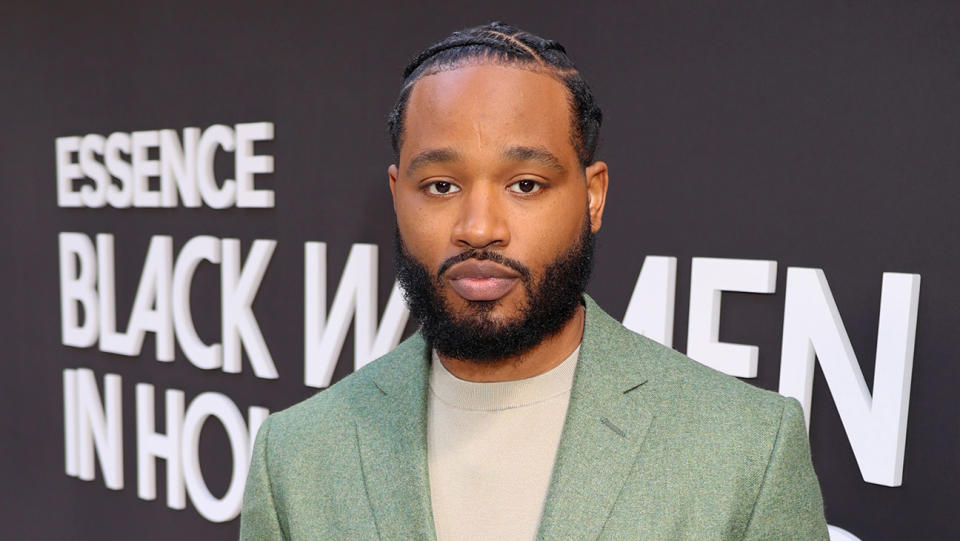
DIRECTOR-PRODUCER
Long celebrated for his nuanced and abundant inclusion of Black actors in his own films (Fruitvale Station, Creed and the $2 billion-grossing Black Panther franchise), Coogler has also championed fellow creatives of color behind the scenes — as he did producing newcomer Shaka King’s Judas and the Black Messiah. His multimedia production company, Proximity Media, now lobbies for inclusive work in feature films, television, soundtracks and podcasts.
Viola Davis & Julius Tennon
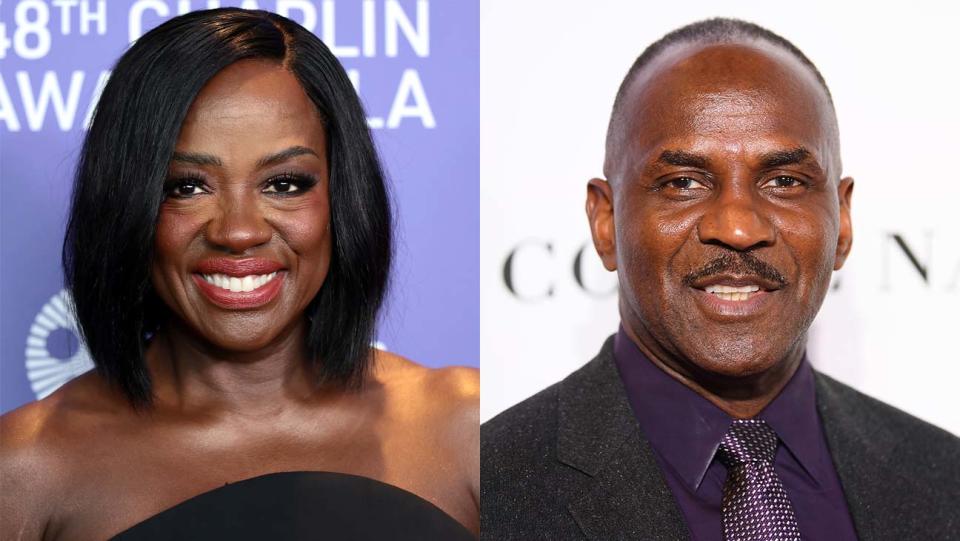
PRODUCERS
The married couple’s JuVee Productions helped catapult Gina Prince-Bythewood’s The Woman King (a Davis vehicle) to a No. 1 box office seat and multiple accolades the same year it delivered Showtime’s The First Lady. It’s all part of a decade-long initiative to put more diversity in media, something the duo says it would like to see better extended to Indigenous and disabled communities.
Hollywood’s state of inclusion is …
BOTH “Inconsistent and noncommittal. It ebbs and flows. It lacks a progressive spirit because as much as people want a change they do not want to change.”
Brian Dobbins
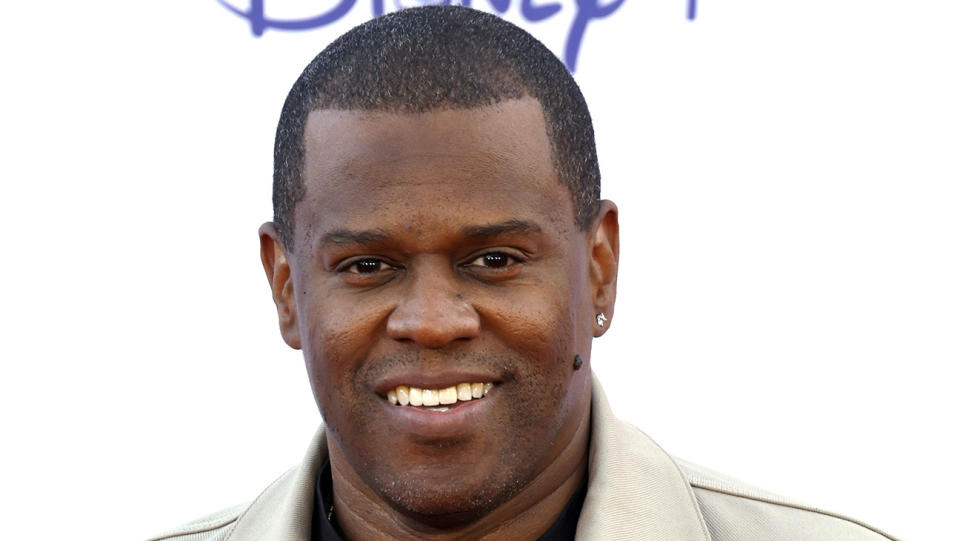
MANAGER
The Artists First co-president and manager of clients such as Anthony Anderson, Niecy Nash-Betts and Jon M. Chu has been making it his mission to welcome and mentor unique, diverse talent in Hollywood — because when he started out, he felt like he was in a business that wasn’t set up for him. Despite not feeling represented in the agency world, he stuck with it and is using his decades of experience to guide new inclusive talent.
“Our business is a little bit like the food court,” Dobbins explains. “I think that the food court is not very good if you have one kind of food. Our business is at its best when we get different points of view.”
Nash-Betts says about Dobbins: “Being a client of Brian’s for almost 20 years, I’ve not only seen him lead with excellence but also hold the door open and usher other diverse groups through it. I’m proud to call him my manager and my friend.”
I’m excited about … “[Race car driver] Lewis Hamilton. He’s courageous and outspoken in a sport where he’s told not to be.”
Tara Duncan
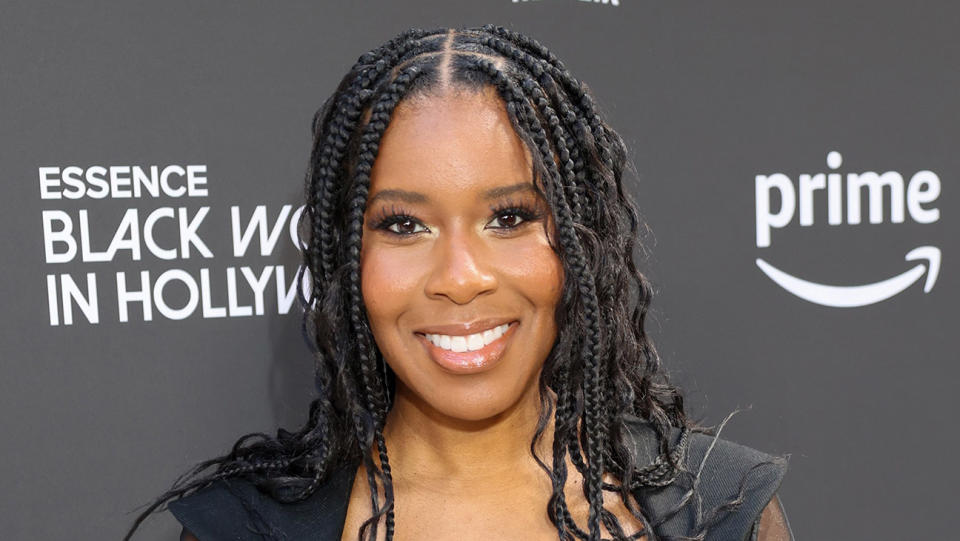
ONYX COLLECTIVE
The veteran programmer is now both the face of and brains behind Onyx Collective, a Disney-owned premium content brand that’s expressly focused on curating content by creators of color. On Duncan’s watch, Onyx’s output has included Oscar-winning documentary Summer of Soul, the docuseries The Hair Tales, The 1619 Project and Kerry Washington’s dramedy UnPrisoned. And viewers should expect plenty more as Duncan has successfully lured a who’s who of talent to her roster, including Prentice Penny, Yara Shahidi, Natasha Rothwell and Ryan Coogler.
Fave inclusive project (that I didn’t work on): Reservation Dogs
Channing Dungey & Pearlena Igbokwe
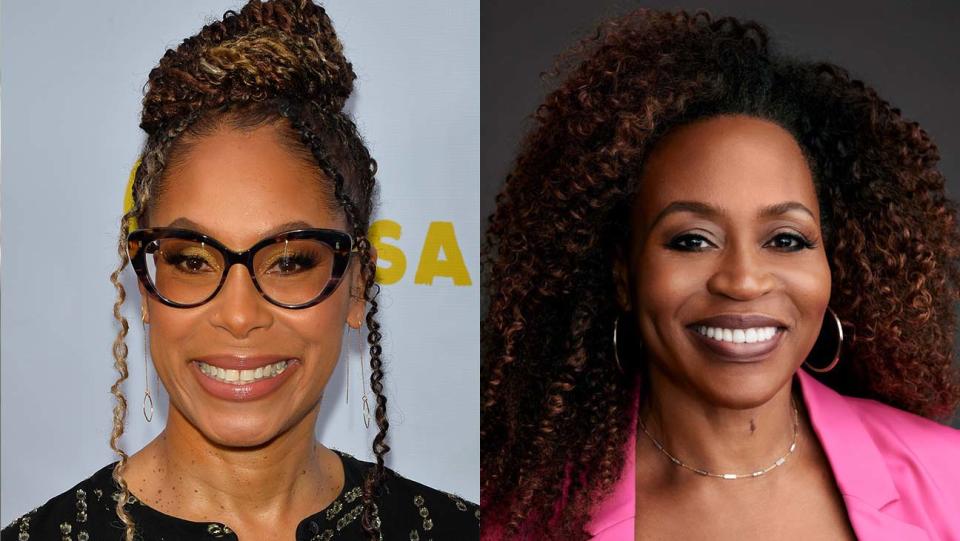
STUDIO EXECS
Dungey has had to get comfortable with strangers coming up to tell her that they’ve followed her career, which has been marked by a series of firsts. Indeed, she was the first Black person to run a U.S. broadcast network (ABC), and now she’s the first Black and female head of Warner Bros. TV group, where she’s filling out an already diverse talent pool that includes Quinta Brunson, Mindy Kaling, Nkechi Okoro Carroll and Janine Sherman Barrois. Meanwhile at Universal, Igbokwe is championing creators “telling nuanced stories with diverse characters and universal themes” through series like Harlem (gender identity) and As We See It (neurodiversity). She also lauds the NBCU Launch programs, which cultivate inclusive talent above and below the line.
Fave inclusive project (that I didn’t work on):
DUNGEY Everything Everywhere All at Once
IGBOKWE The Woman King
Which trope needs to die?
DUNGEY “I woke up like this.”
Ava DuVernay
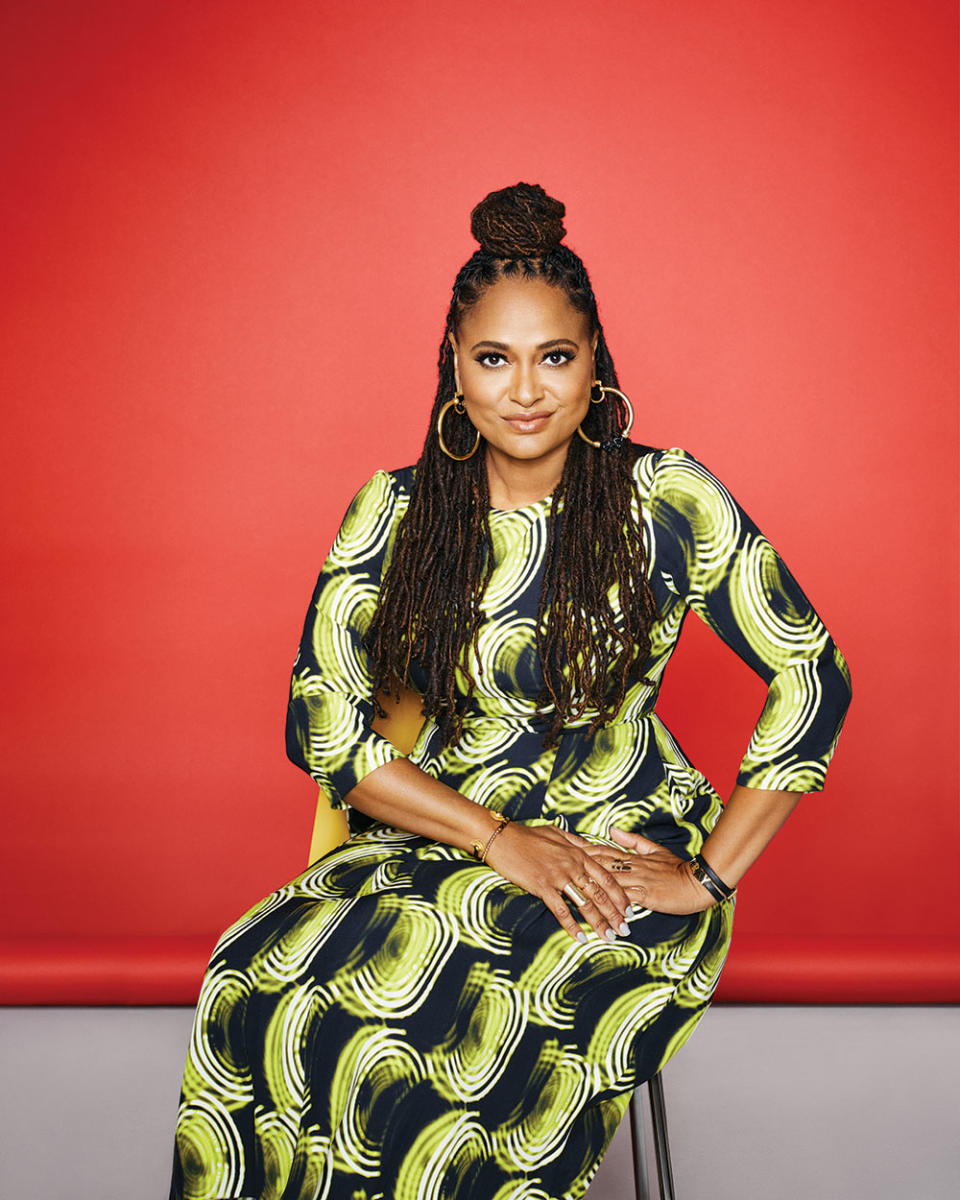
DIRECTOR-PRODUCER
The filmmaker has walked the walk in bringing underrepresented voices to the forefront both in her choice of subject matter — in Netflix’s 13th and When They See Us and the feature film The White Tiger, which her Array Filmworks produced — and in the people she hires. DuVernay committed to having only women directors on the OWN drama Queen Sugar, and by the time the series ended, more than 40 had stepped behind the camera. Now DuVernay wants to see “the true, unsanitized experiences of incarcerated and formerly incarcerated citizens and the people who love them” brought to screens.
A force for change in my career: “Early in my career change from publicist to filmmaker, Robin Swicord extended kindness to me after we met during a Film Independent panel. Her encouragement of my work as a writer and director bolstered my confidence.”
Sterlin Harjo
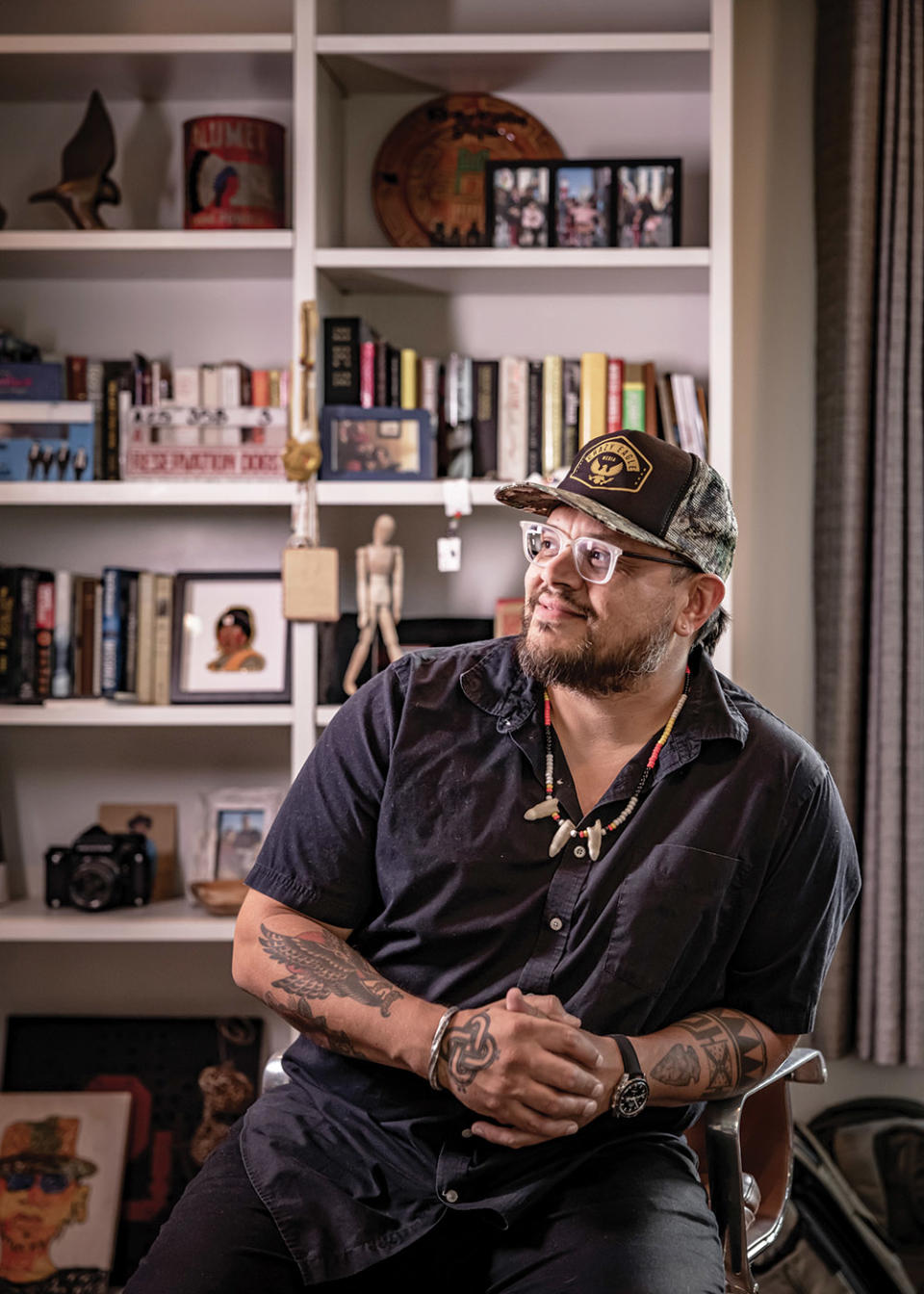
WRITER-PRODUCER
The Harjo-created Reservation Dogs, which shoots in Oklahoma, has been a watershed moment for representation — employing an entirely Indigenous writers room and an overwhelmingly Indigenous cast. But with that rare representation comes pressure, and Harjo is using the FX series to capture as many experiences as possible. “I’m never going to be able to represent everybody in a way that is satisfying,” he told THR last year. “It’s a growing, ongoing, organic process.”
Matthew Johnson & Tara Kole
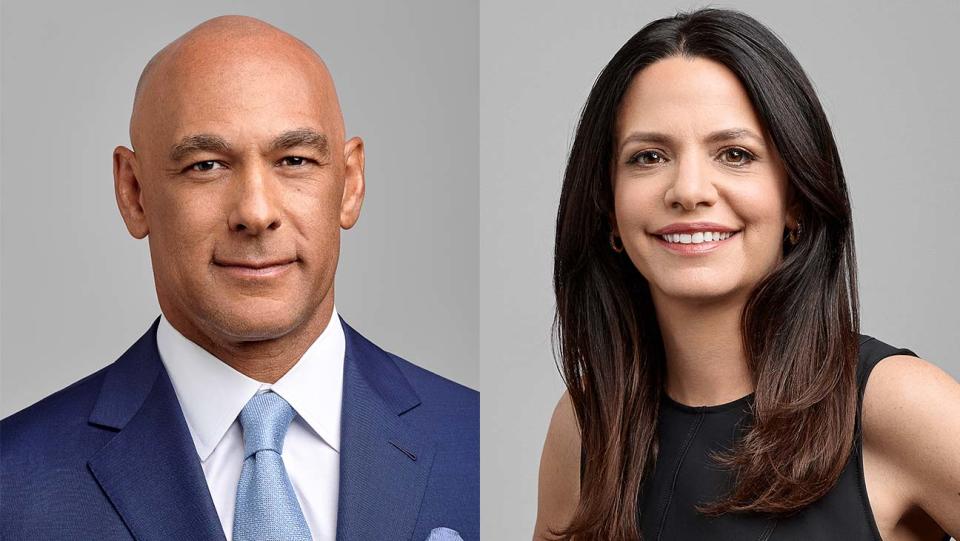
TALENT LAWYERS
When Johnson, Kole and their partners launched JSSK, inclusivity was baked into its DNA. The Hollywood talent firm has two full-time staff members dedicated to philanthropic and civic engagement, more than half of its employees are people of color and 60 percent are female. Kole says that “creates a stronger and more creative work environment that consistently delivers better results” for clients.”It goes beyond just having someone who has a shared experience,” adds Johnson. “There is value in having people with different perspectives come to the table and talk about an approach to a problem.”
I’m excited about …
BOTH “Theresa Kang, Phil Sun and Tara Duncan.”
Michael B. Jordan
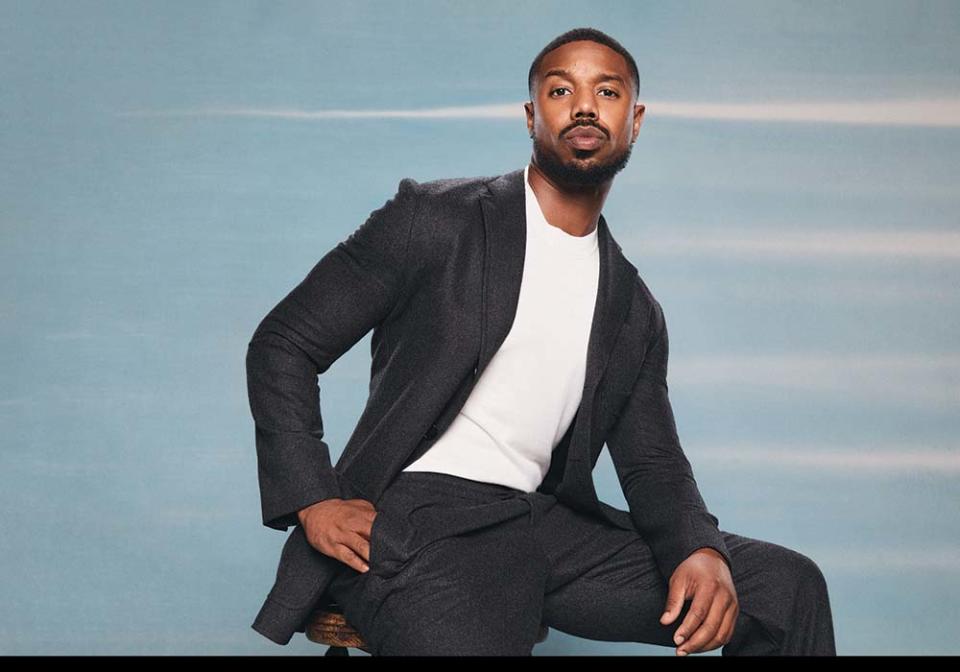
ACTOR-DIRECTOR-PRODUCER
In his transition from marquee leading man to filmmaker, Jordan is showing his commitment to all kinds of storytelling. His directorial debut, Creed III, in which he also starred, was celebrated for its treatment of the character played by deaf actress Mila Davis-Kent. The film, which has grossed nearly $275 million worldwide, could have gotten a pass for just being an action flick but deftly deployed American Sign Language and subtitles to increase accessibility.
A force for change in my career: “Ryan Coogler. In our first meeting about Fruitvale Station he said, ‘I wrote this for you. I know you’re a star. Let’s go show the world.’ “
Theresa Kang
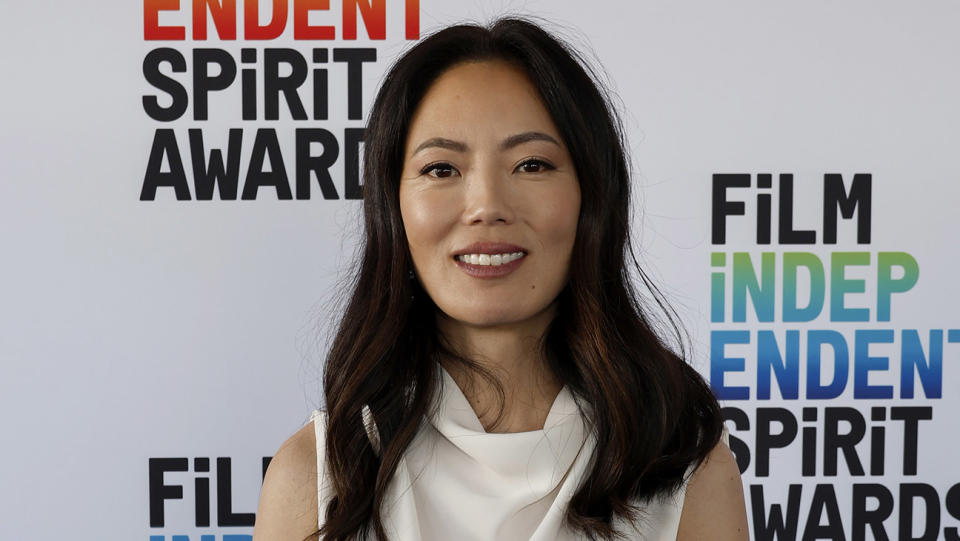
PRODUCER-MANAGER
The former WME partner became the first Asian American to transition from the agency world to launch a management and production company with an overall deal at Apple back in 2020. Since then, Kang has been focused on building out a curated slate of projects — including recent Peabody Award-winning series Pachinko — that reflect the global culture with a “mission to move what is considered ‘foreign’ into the familiar and connected.” Kang’s diverse client roster includes Oscar winner Alfonso Cuarón, Emmy winner Lena Waithe and best-selling author Gillian Flynn.
Fave inclusive project (that I didn’t work on): “Beef, and I can’t wait to see Killers of the Flower Moon.”
Charles D. King & Phillip Sun
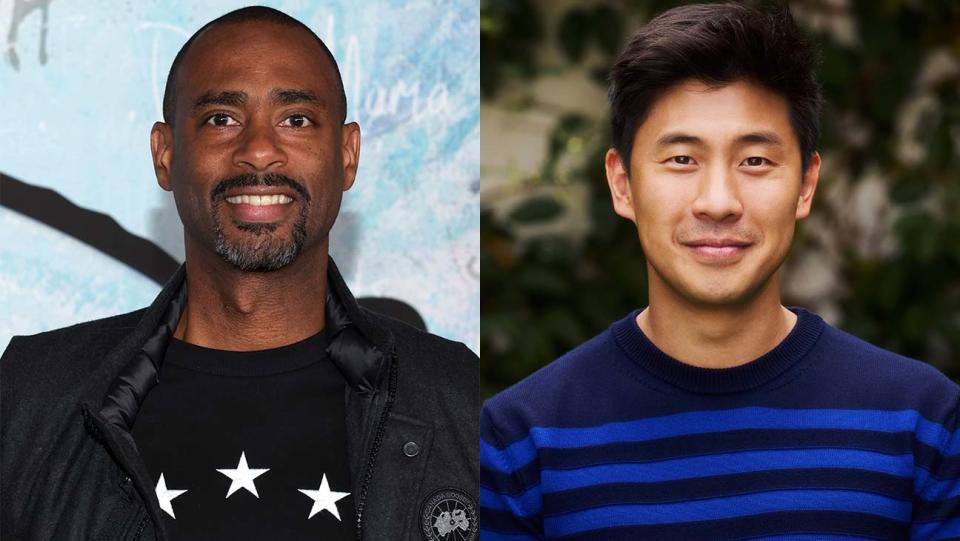
PRODUCER; MANAGER
King’s Macro, behind such features as the Oscar-winning Judas and the Black Messiah and the upcoming John Boyega Netflix feature They Cloned Tyrone, raised $90 million in March to broaden its media ambitions for historically underrepresented talent. Macro is actively trying to populate Hollywood with new blood — the company oversees a microfestival at Howard University to show students pathways to entertainment careers — and elevate those already in the industry via a representation partnership with Sun’s M88. King’s fellow WME alum launched his Macro-backed firm in 2020 with a mission to amplify the voices of artists from diverse backgrounds. Its clients include Michael B. Jordan and Ryan Coogler.
Companies that want real change should …
KING “Align their jobs and compensation with data-supported systemic change within their entire organization.”
Hollywood’s state of inclusion is …
SUN “Still has a long way to go.”
Spike Lee
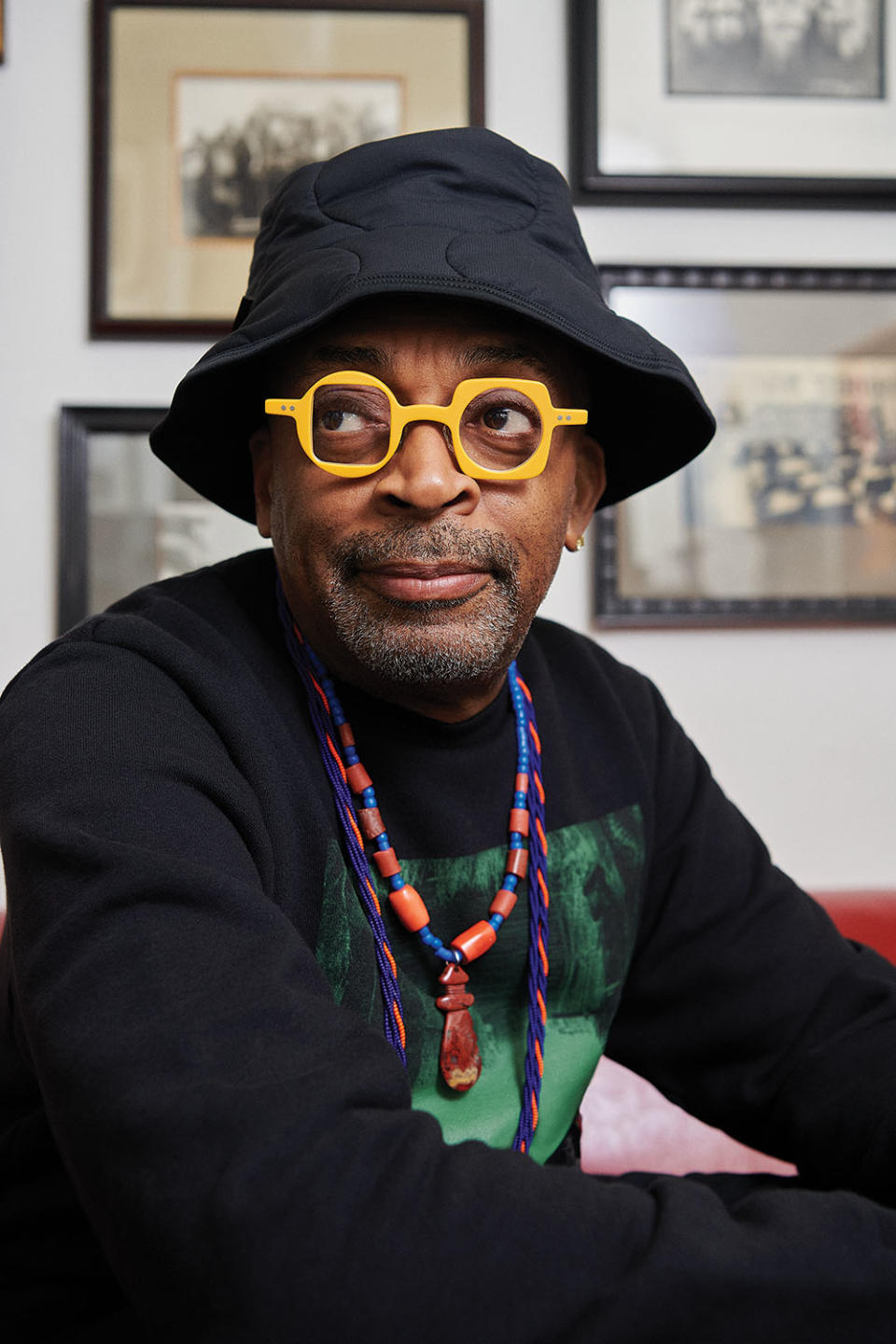
WRITER-DIRECTOR
A pioneer for industry DE&I before it was a real notion, Lee continues to put in the work. His Spike Fellows Program, a partnership with the Gersh Agency, launched in January of this year and is committed to helping students at HBCUs Morehouse (Lee’s alma mater), Spelman and Clark Atlanta University navigate careers in the arts. The multiyear commitment to five graduates includes student loan debt relief, industry mentorship, postgraduate internships and full-time employment at Gersh.
Franklin Leonard
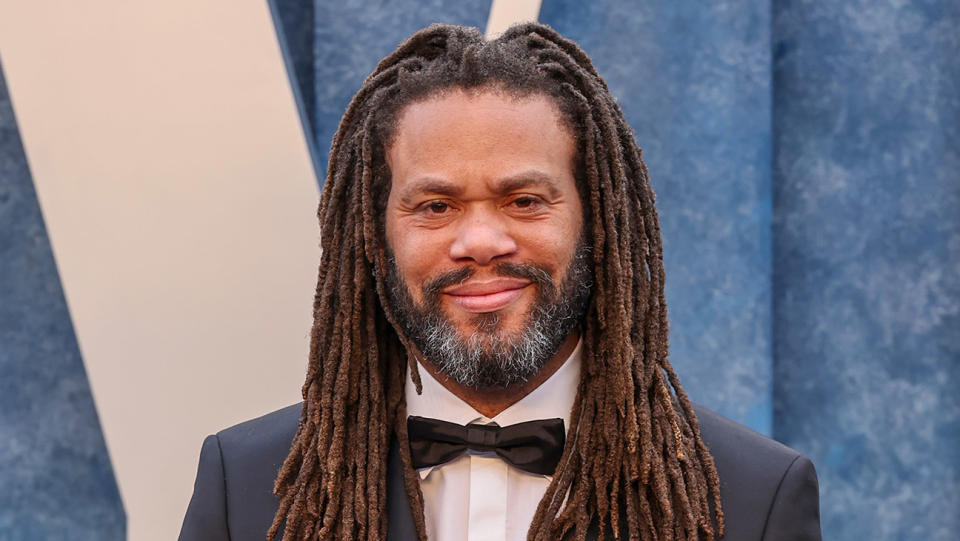
THE BLACK LIST
Leonard has spent decades reading and critiquing screenplays for his influential site, The Black List, which heralds the best unproduced projects in Hollywood, boosting titles like Argo and Spotlight that have gone on to earn a cumulative 200 Oscar nominations. As for the industry’s diversity efforts, he says, “I actually reject the notion of going above and beyond to push for equity and inclusion. That is, quite literally, the job, if you’re doing it right.”
Hollywood’s state of inclusion is … “Laughably similar to immediately before every company posted Black tiles on Instagram and made performative promises to make change.”
Dan Lin
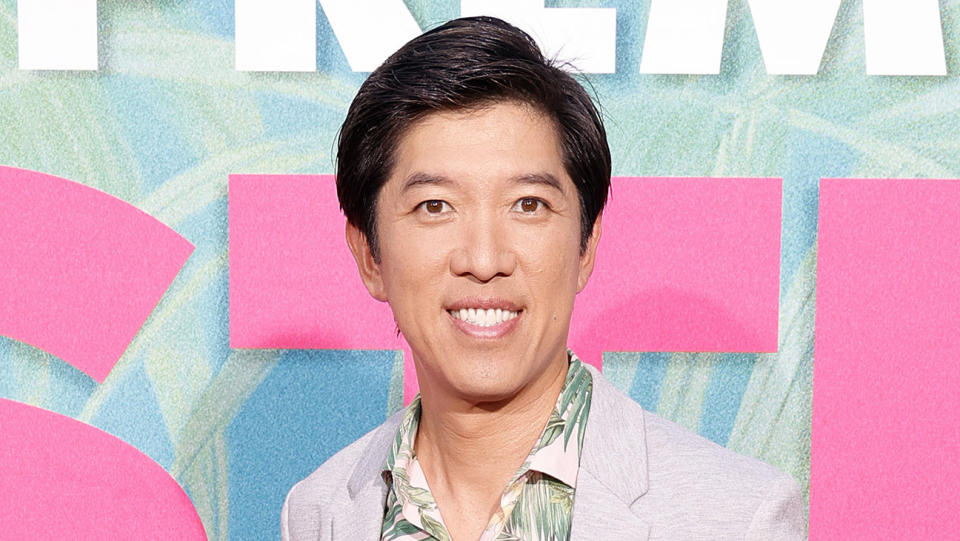
PRODUCER
Last year, the Taiwan-born CEO and producer behind blockbuster hits like Warner Bros.’ Robert Downey Jr.-starring Sherlock Holmes series and the Lego Movie franchise launched Rideback Rise alongside head of content Tracey Bing and executive director Sabrina Pourmand. The nonprofit BIPOC content accelerator aims to advance racial equity. Lin notes that industry inclusivity remains “in flux,” while still making “incremental progress” toward greater representation with support from major studios and networks.
We need more stories about … “Hawaiians/Pacific Islanders.”
Which trope needs to die? “Asian men as nerds. Guys like Jo Koy, Jimmy O. Yang, Ronny Chieng and Hasan Minhaj are showing the funny side of Asian males, and Steven Yeun, Simu Liu and Daniel Dae Kim are showing that we can be action stars, too!”
Eva Longoria
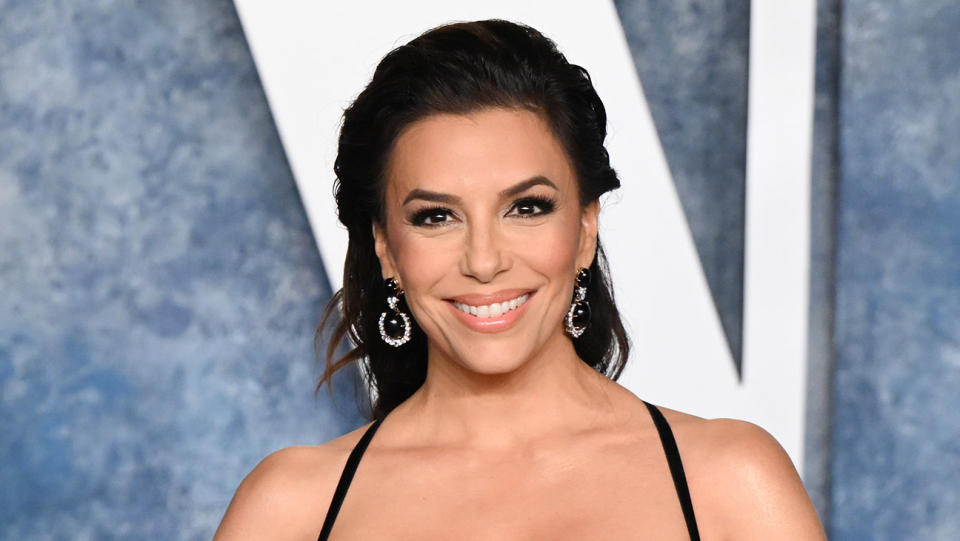
ACTOR-PRODUCER-DIRECTOR
“Somebody has to build this pipeline so we can tap into a different well of talent,” says Longoria, who has stepped into that role for the Latinx community. For her directorial debut, Flamin’ Hot, which tells the real-life story of the Frito-Lay janitor who takes credit for the titular spicy Cheetos, Longoria prioritized hiring people from the Mexican community. And onscreen, “everything from the Tapatío and the salsa verde on the table to how we tie the bandannas on the cholos, it has to be authentic. We can’t be caricatures of ourselves.”
I’m excited about … “Gloria Calderón Kellett. She is a beast. She’s creating the world she wants to see. She’s not only leaning in, but she’s reaching back to bring others along with her.”
Alana Mayo
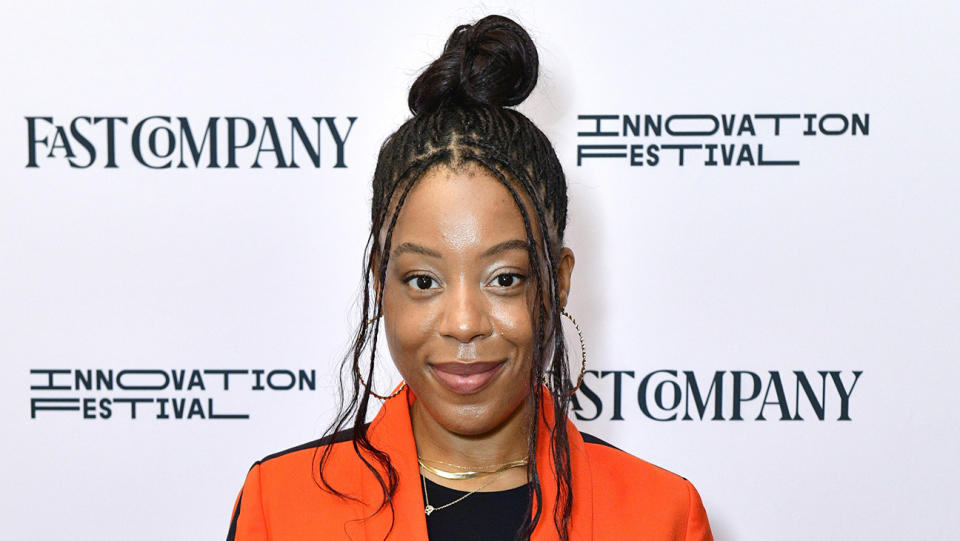
ORION PICTURES
As head of the relaunched Orion Pictures, Mayo’s mandate has been to produce inclusive films from diverse voices. Even after the MGM acquisition, Orion has maintained that directive, producing a varied slate that includes Chinonye Chukwu’s Till, about the life and justice work of Mamie Till-Mobley (whose 14-year-old son, Emmett Till, was lynched in 1955 in Mississippi), and Bottoms, the off-the wall LGBTQ+ high school comedy from the Shiva Baby team.
Glen Mazzara
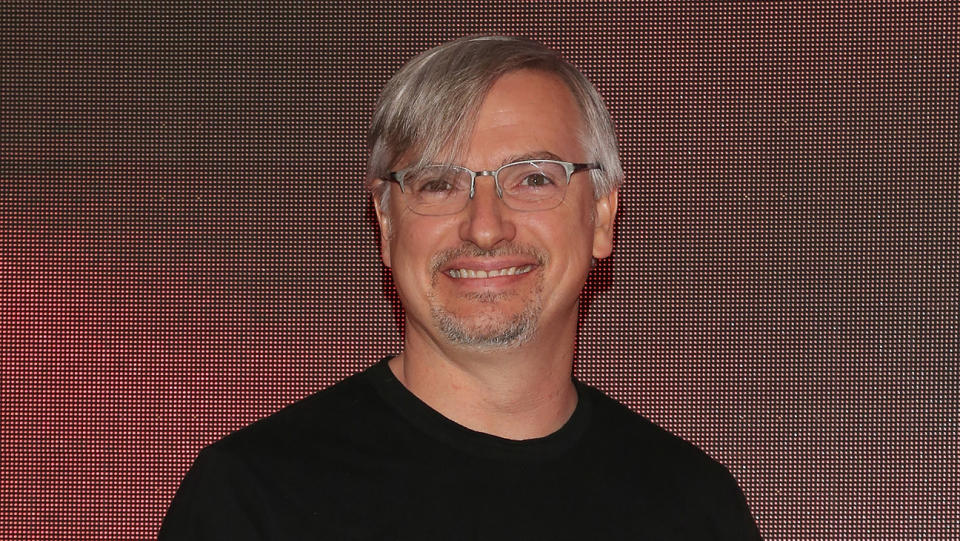
WRITER-PRODUCER
Well before the push to diversify writers rooms became a priority for Hollywood, it was a priority for Glen Mazzara. For nearly 20 years, the veteran showrunner (The Walking Dead) has worked as hard on breaking barriers as he did on breaking story. Mazzara, who co-chairs the WGA’s equity and inclusion group with Shonda Rhimes, says, “When we first started having this conversation, people would actually say, ‘Why are you as a white guy talking about this? It’s not your problem.’ And it’s everyone’s problem.”
Companies that want real change should … “Stop saying, ‘Let’s just get through this. We’ll deal with it next time.’ “
Which trope needs to die? “It’s hard to be a white guy these days.”
Ryan Murphy

WRITER-PRODUCER
Murphy’s TV universe, which includes hit franchises like Feud, Monster and American Crime Story, has long featured marginalized stories previously lost to history. He’s often said that he’s drawn to the margins, and has made a career of making minorities the leads rather than the sidekicks. In fact, everyone from Black gay actor Billy Porter to trans star Michaela Jaé Rodriguez has credited the “gay kid from Indiana” turned prolific producer with changing their personal and professional trajectories.
Jonathan Murray
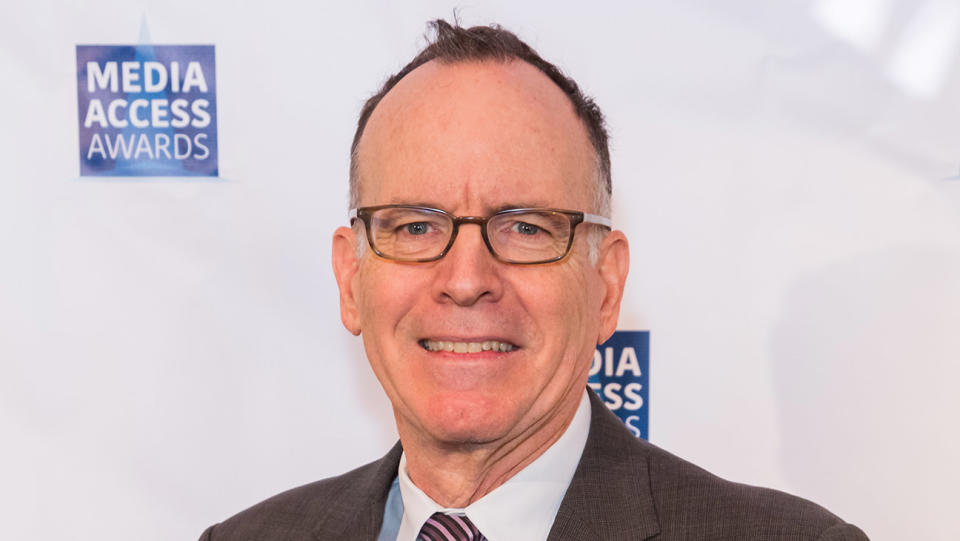
BUNIM MURRAY PRODUCTIONS
Working with the Television Academy Foundation and disability rights organization RespectAbility, Murray has been a longtime patron and advocate for disabled creatives and stories centered on disabilities. The Born This Way producer recalls the impact of watching PBS docuseries An American Family, which featured the first out person in an unscripted TV series (Lance Loud). Murray says, “It would be life-changing for the disability community and the larger community to see characters on TV with disabilities that don’t define them but are just part of their larger experience.”
Edward James Olmos
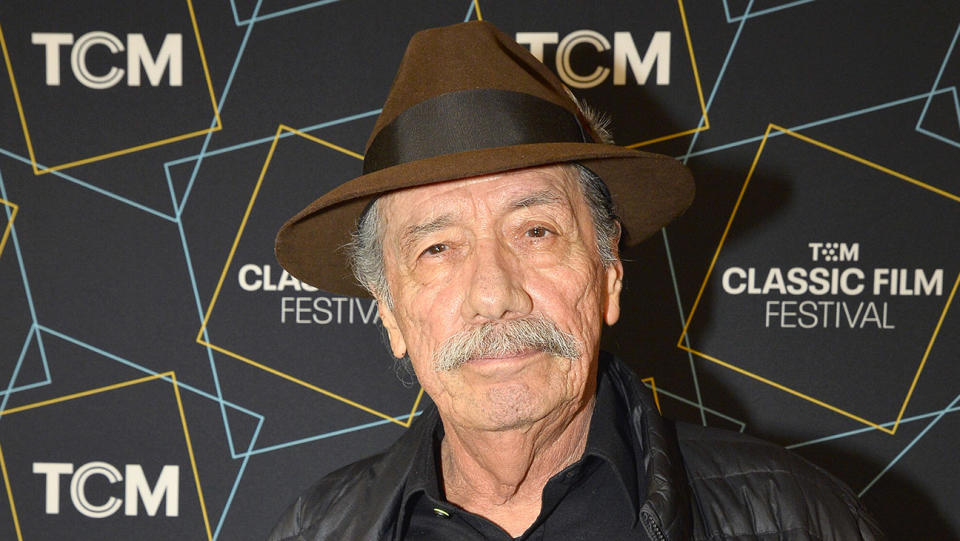
ACTOR-DIRECTOR-PRODUCER
The award-winning actor and director founded the Latino Film Institute, which runs the Los Angeles Latino International Film Festival and works to give Latino filmmakers and animators a gateway to the industry. Olmos, who has lent gravitas to roles ranging from Battlestar Galactica to FX’s Mayans MC, says his push for equity and inclusion in Hollywood “means building the infrastructure for the Latino community in the entertainment industry, while remaining focused on excellence.”
We need more stories about … “The Latino Medal of Honor recipients. I’ve spent nearly 30 years trying to tell the story of the first Mexican American Medal of Honor winner, but for some reason I can’t get any studio interested.”
The worst microaggression I’ve experienced or witnessed in the industry: “It had to do with a co-star not being able to accept that I had complete creative control of my character. The thought that someone like me would [have that] really upset them.”
Jordan Peele
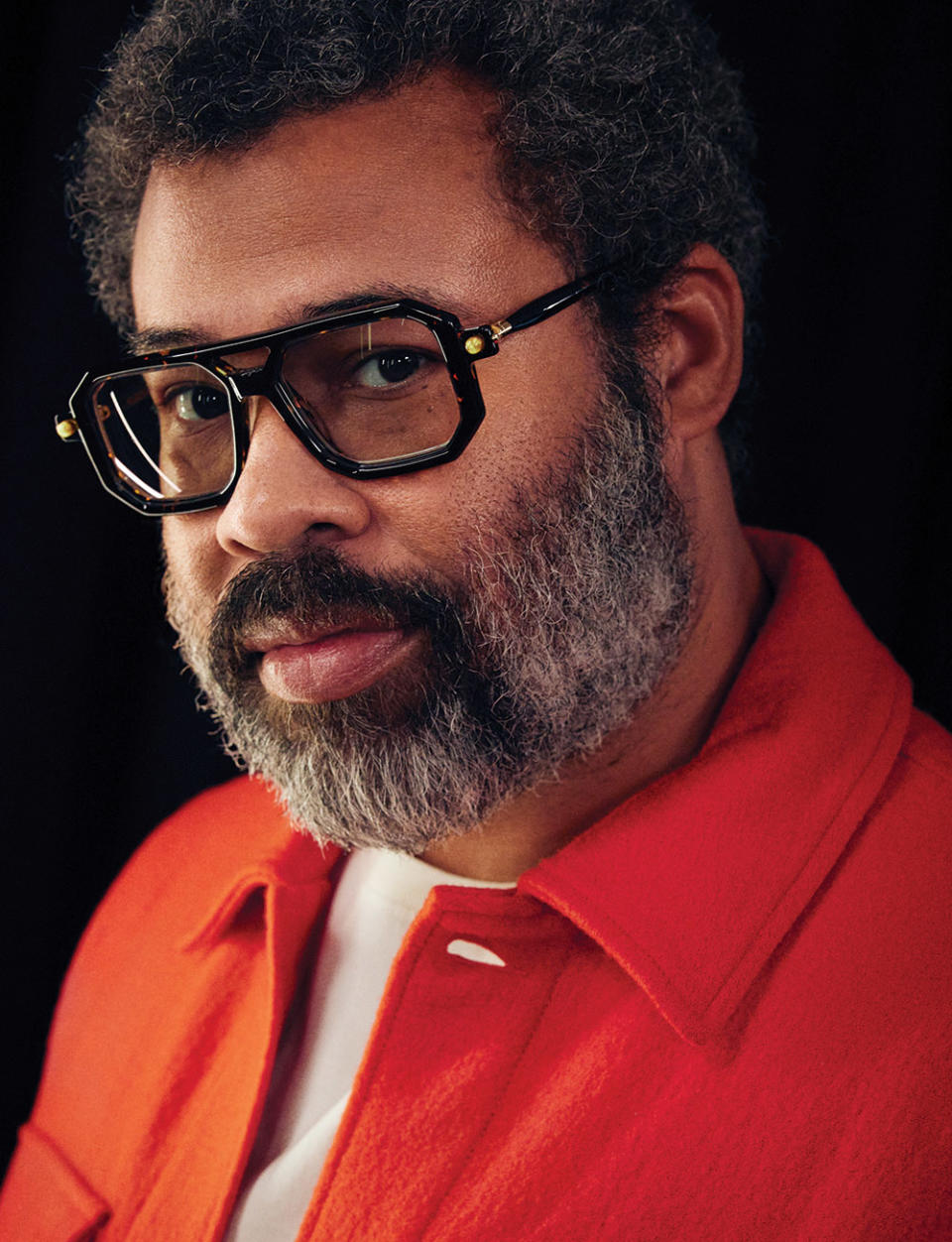
DIRECTOR-WRITER-PRODUCER
An auteur adept at taking on social issues in his storytelling, Peele and his Monkeypaw Productions are equally impactful offscreen: Through a partnership with Universal, Nope became the first film to participate in the California Below-the-Line Traineeship program, which provides on-set experience and mentorship to individuals from historically excluded backgrounds. And alongside its Spotify original Quiet Part Loud, Monkeypaw launched a campaign to combat anti-Muslim hate and disinformation.
Tyler Perry
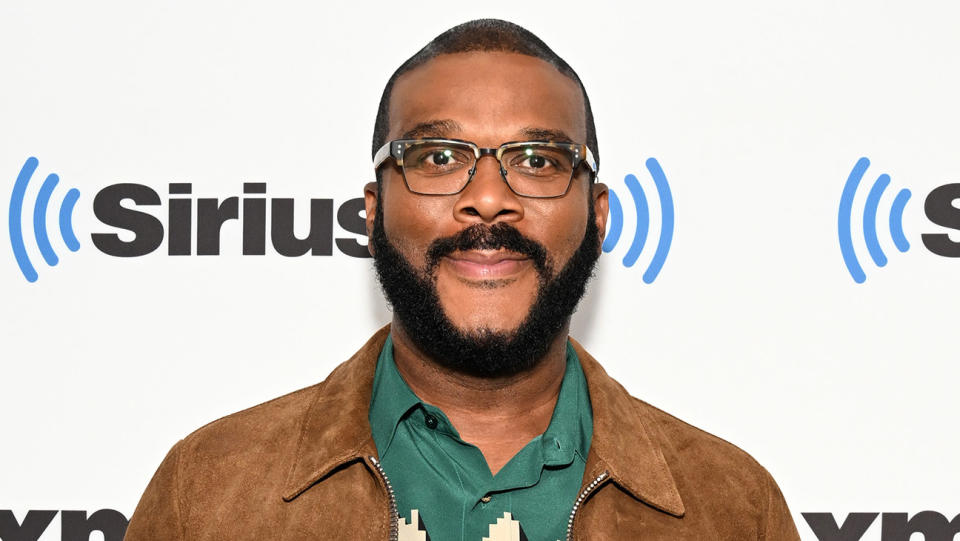
ACTOR-DIRECTOR-PRODUCER
With nine TV shows on air and available for streaming — plus a bustling movie slate — Perry continues to create opportunities for Black and brown talent in front of and behind the camera. While opening doors for others, the prolific multihyphenate and CEO has also learned to “let go of more and train people to handle more.” The result? He says, “I’ve been proud of how they’ve been able to step in and make things work.”
A force for change in my career: Oprah Winfrey
Gina Prince-Bythewood
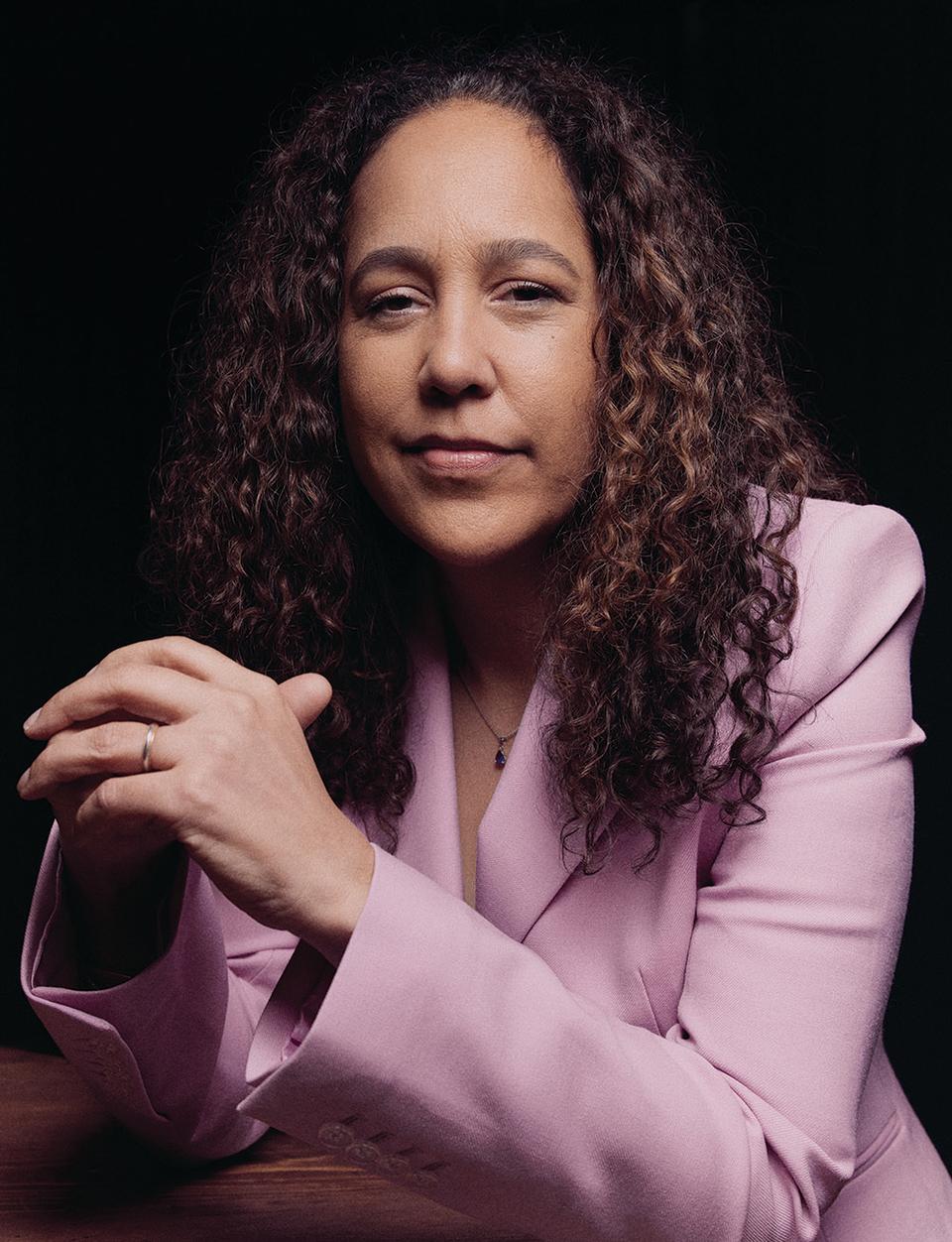
FILMMAKER
When it comes to hiring diverse casts and crews, the Old Guard and Love & Basketball director has the industry’s best track record. And that’s backed up by data: The USC Annenberg Inclusion Initiative ranked her drama The Woman King the most inclusive theatrical release from 2019 to 2022. “People of color often have shorter résumés, not for lack of talent, but for lack of opportunity,” Prince-Bythewood says. “I’m very intentional about looking past résumés and giving people I believe in the shot.”
Fave inclusive project (that I didn’t work on): Never Have I Ever and Abbott Elementary
Which trope needs to die? “White Savior”
The worst microaggression I’ve experienced or witnessed in the industry: “A white, ‘A-list’ actress aggressively pushing to diminish the role of the Black female co-lead.”
Issa Rae
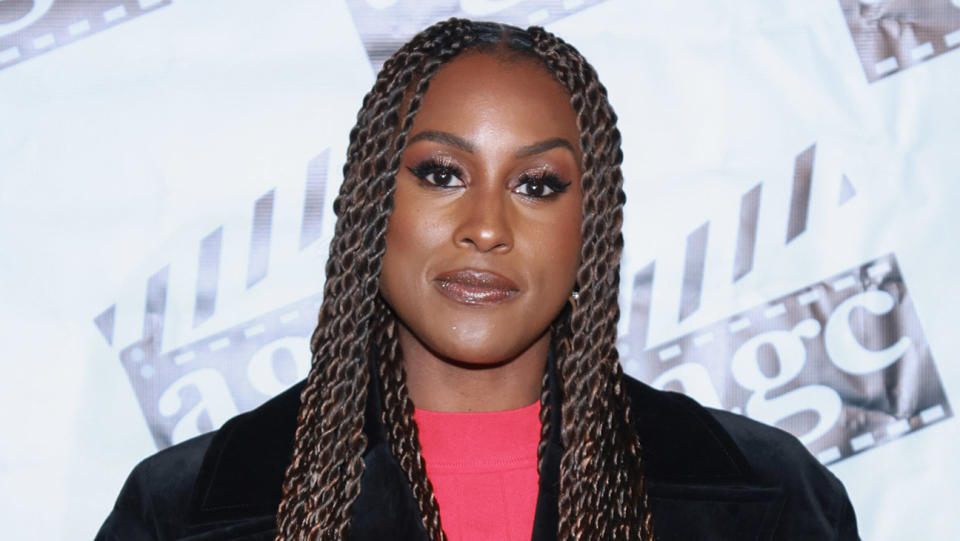
ACTOR-PRODUCER
Two years into Hoorae’s five-year overall deal with WarnerMedia, Rae continues to be a trailblazer for Black creators — first with Insecure, then with Rap Sh!t and soon with a revival of Project Greenlight, where the THR Equity in Entertainment honoree uplifts new voices and ensures diversity on set. That’s on top of starring in Barbie and Spider-Man: Across the Spider-Verse, entering the hair and beauty space with Sienna Naturals, and opening the fourth location of her Hilltop Kitchen + Coffee eatery.
Rishi Rajani & Lena Waithe
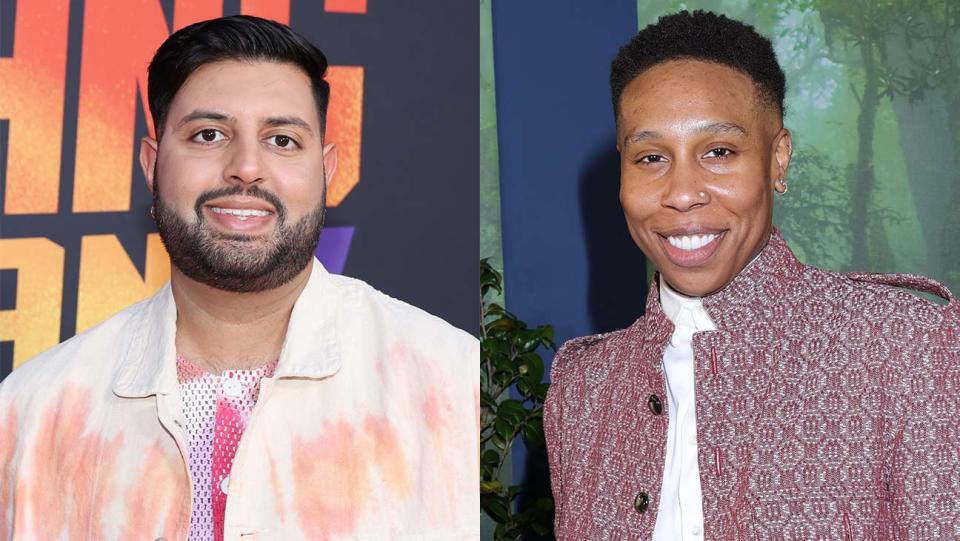
HILLMAN GRAD
In addition to backing recent films told through a unique lens such as the mother-son drama A Thousand and One and the Disney+ crowd-pleaser Chang Can Dunk, Emmy winner Waithe and Rajani’s Hillman Grad is home to a nonprofit arm that offers a tuition-free mentorship lab. It also partners with the job search site Indeed on the Rising Voices program, which has invested millions in helping up-and-coming BIPOC filmmakers create short films budgeted at $100,000 each.
I’m excited about …
WAITHE “Etienne Maurice [Founder of WalkGood LA]. I love the work he’s doing regarding wellness and mental health.”
RAJANI “Steven Spohn of AbleGamers, working to help [those] with physical and cognitive disabilities have fun and play video games.”
Which trope needs to die?
RAJANI “Overcoming one’s otherness.”
The worst microaggression I’ve experienced or witnessed in the industry:
WAITHE “White execs not understanding Black characters with dreams that don’t involve basketball or singing.”
Shonda Rhimes
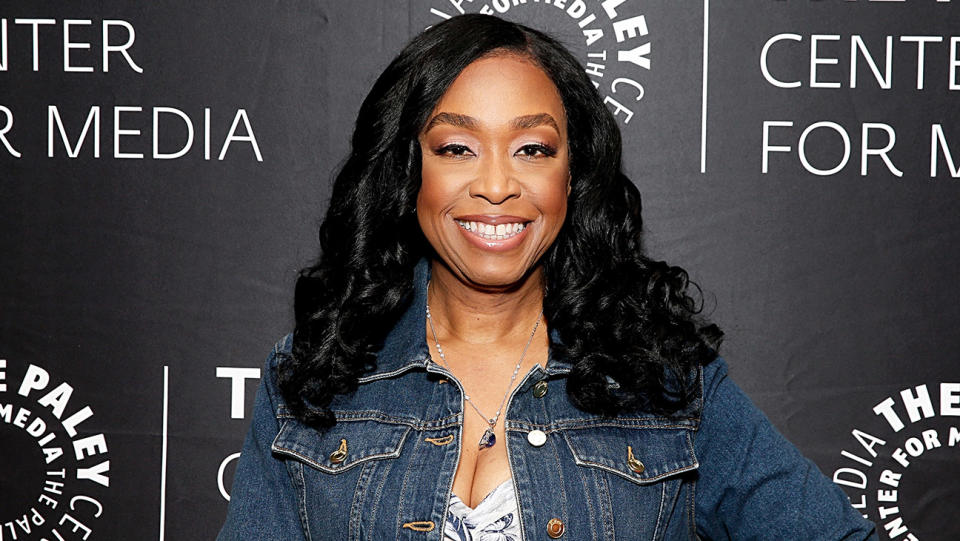
WRITER-PRODUCER
Rhimes’ impact is felt far beyond her roster of hits. The prolific showrunner (Grey’s Anatomy, Queen Charlotte) has quietly rolled out a collection of trainee programs designed to ensure that the future of Hollywood is more inclusive. Among them: her Producers Inclusion Initiative, a nine-week program that trains people from historically underrepresented communities to be line producers, and her Ladder Program, which offers that same pool the necessary on-set experience to rise in the studio system.
Fave inclusive project (that I didn’t work on): “American Auto (I am a huge Cyrus fan).”
Lauren Ridloff
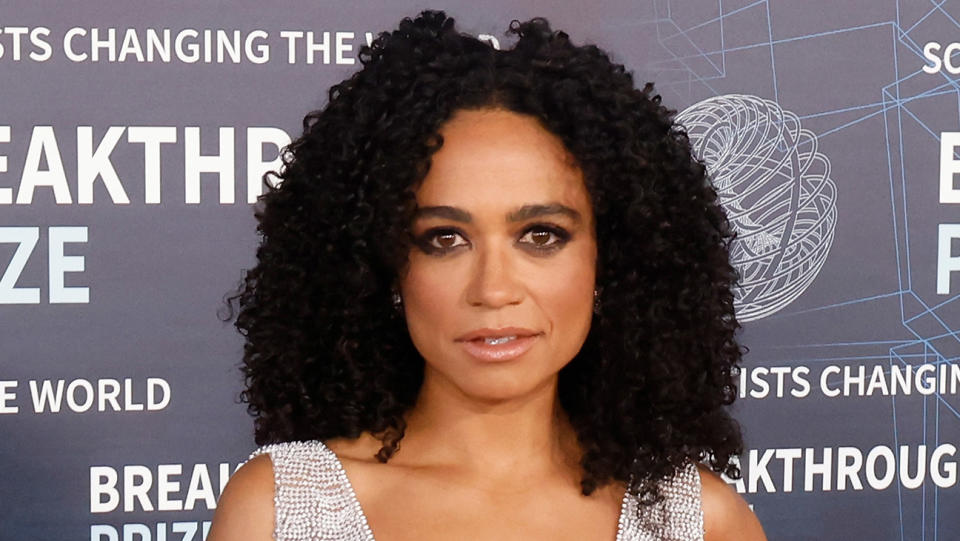
ACTOR-PRODUCER
Deaf actress and Eternals star Ridloff wants to see more people like her onscreen. “It is a dream of mine to see a film that centers around deaf people and is in ASL from start to finish,” she says. Offscreen, she’s using her platform as executive producer and star of an upcoming romantic drama (from Ava DuVernay’s Array) to help deaf writers get staffed on the show.
I’m excited about … “Christine Sun Kim. She is unapologetic about pointing out all the microaggressions she faces as a deaf Korean American artist who is a woman, and turns those microaggressions into art and throws it at people.”
Bird Runningwater
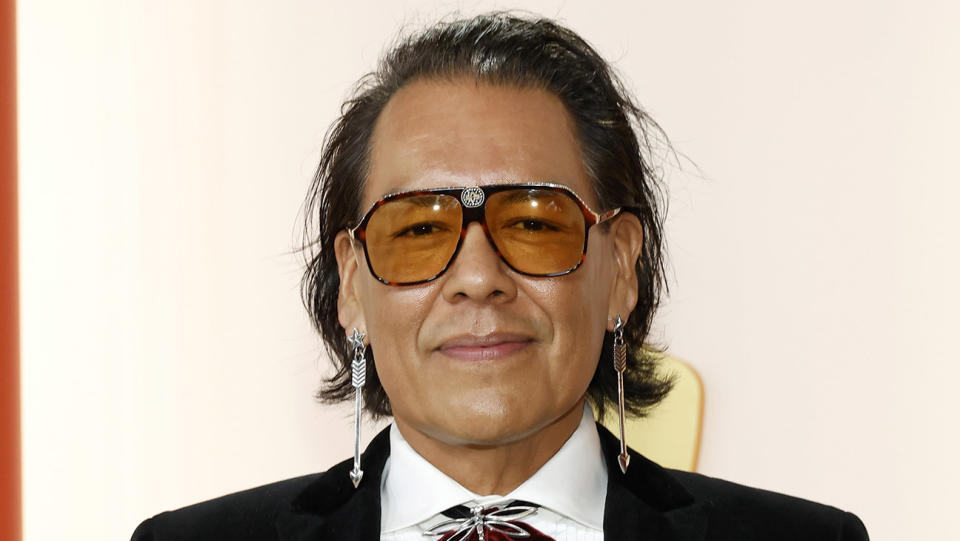
PRODUCER
“I was always the only Indigenous person in every room I entered in Hollywood,” Runningwater recalls of his early work at the Sundance Institute. A member of the Cheyenne and Mescalero Apache Tribes, he has guided filmmakers in “advancing an Indigenous agenda” since 2001. The community’s breakthrough in American TV came via FX/Hulu’s Reservation Dogs, created by Taika Waititi and Sterlin Harjo, both of whom were supported in their feature debuts by Sundance programs.
Hollywood’s state of inclusion is … “Waning after such strong initial intentions — though I do believe there are still die-hard allies out there willing to support the cause.”
The worst microaggression I’ve experienced or witnessed in the industry: “‘You speak English so well!’ ”
Sanjay Sharma
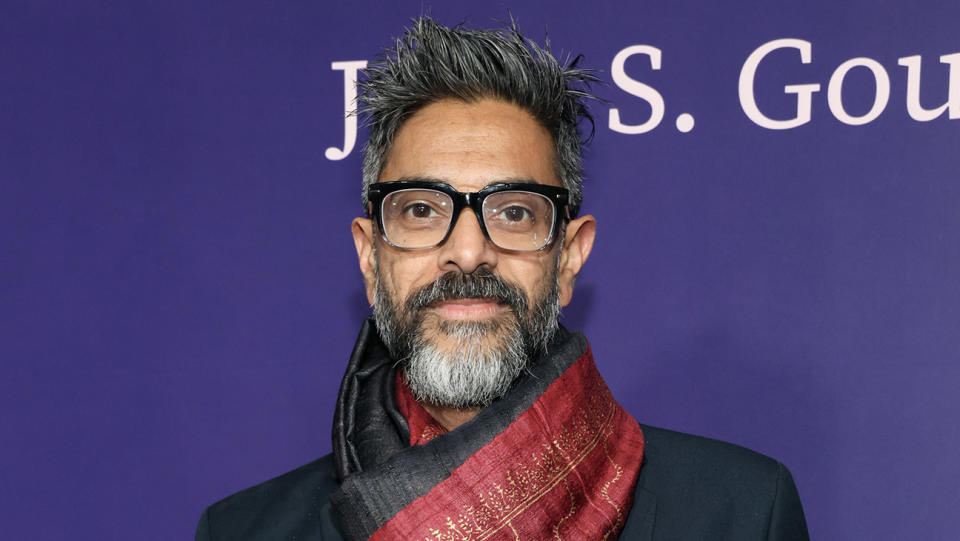
MARGINAL MEDIAWORKS
Sharma is a major fundraising force for the Coalition of Asian Pacifics in Entertainment and is a founding member of Hollywood’s other leading AAPI-focused nonprofit, Gold House. In his day job leading his startup studio Marginal Mediaworks, which spans everything from Black queer sci-fi thrillers to South Asian heist comedies, he backs outsider voices and emerging creators “to get more people into the system versus cementing around already established A-list players,” focusing on “more at-bats and lower budgets to create commercial velocity.”
I’m excited about … “Rishi Rajani, who leads Hillman Grad, and Talitha Watkins, who leads ColorCreative.”
Nina Shaw
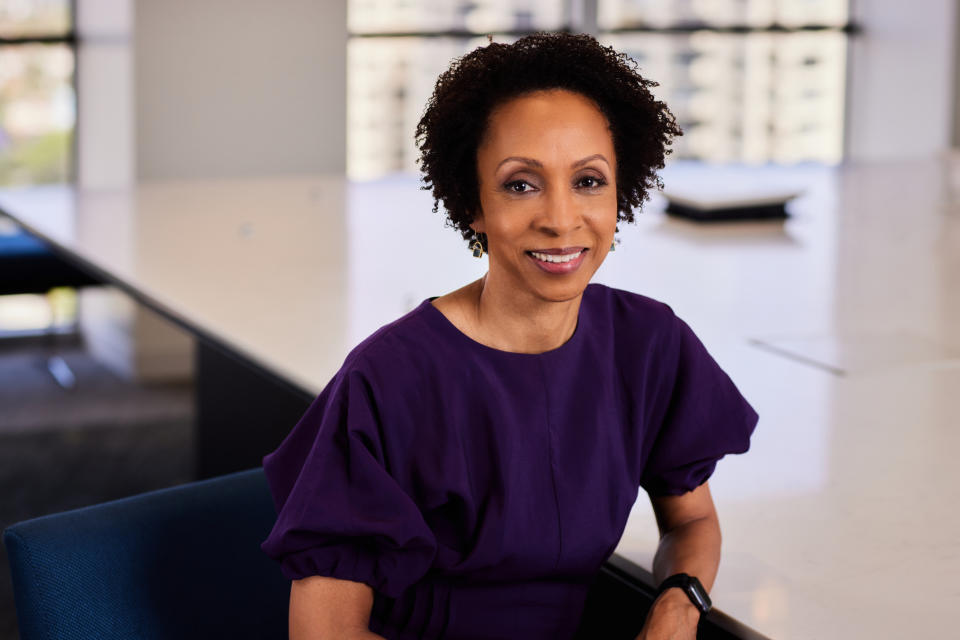
TALENT LAWYER
A trailblazer in the entertainment and legal communities, Shaw not only represents forces for change — like fellow honorees Ava DuVernay, Quinta Brunson, Gina Prince-Bythewood and Lena Waithe — she is one herself. Shaw says having varied perspectives is vital and she’s encouraged by the increasing diversity among Hollywood lawyers: “I am proud because I have been a leader in our community, which ultimately led to lack of diversity being the exception.”
Companies that want real change should … “Stop the belief that women and people of color can only make gains if someone else is disadvantaged; the data doesn’t support the theory and that trope needs to die.”
Taika Waititi
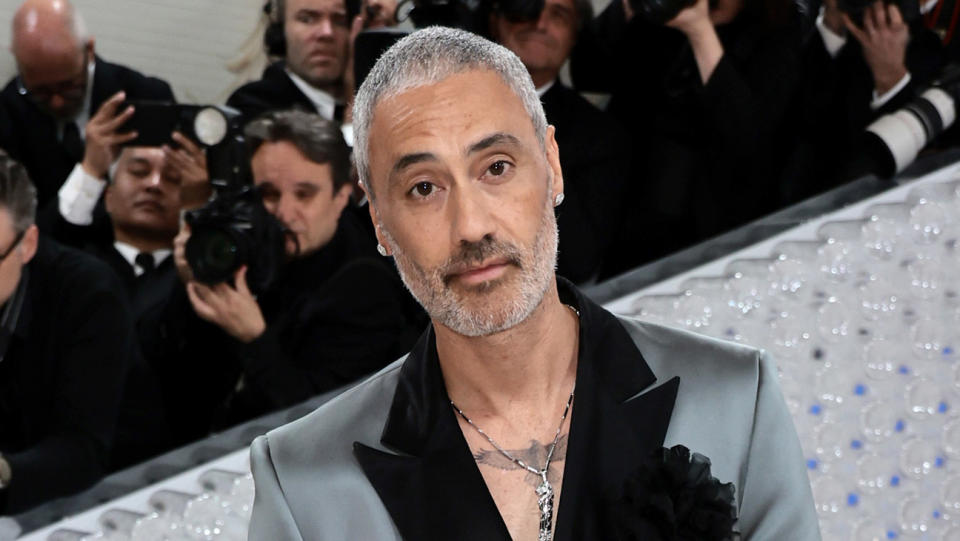
FILMMAKER
See THR cover story.
A force for change in my career “Merata Mita. She was my mentor and the first female Maori filmmaker. Using film as a weapon against colonial oppression, her activism and staunch determination changed the way Maori were perceived in film and mainstream media [and] paved the way for myself and all Maori filmmakers.”
Kerry Washington
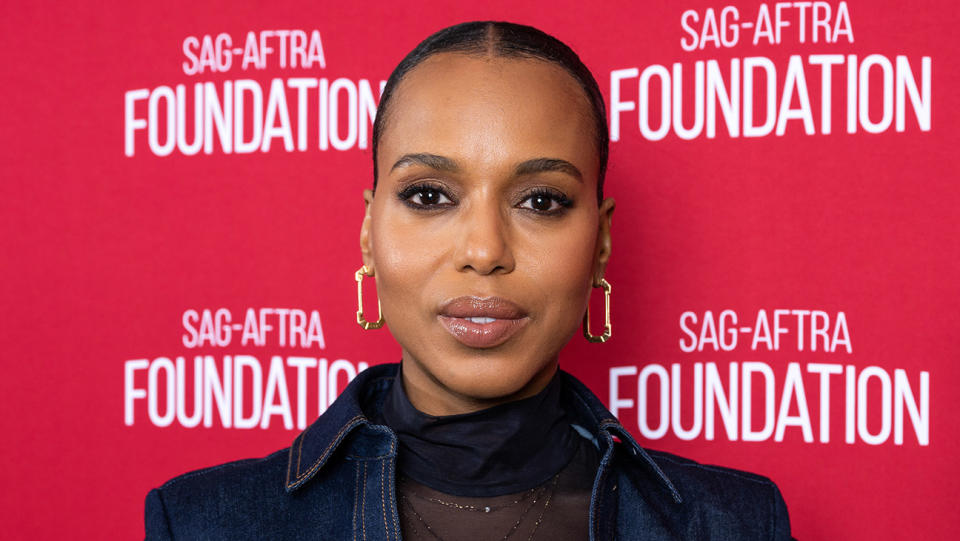
ACTOR-PRODUCER
The star and executive producer of UnPrisoned continues to champion Black voices with her Simpson Street company, which is behind the Hulu dramedy as well as the streamer’s legal drama Reasonable Doubt and the upcoming The Bobby Love Story, starring Octavia Spencer. Washington also stars in and produces Tyler Perry’s upcoming feature Six Triple Eight, about an all-Black battalion in the Women’s Army Corps that sorts and delivers backlogged mail to soldiers and families during World War II.
I’m excited about … “[Black Love creators] Tommy and Codie Elaine Oliver and [Invisible Collective co-founder] Stephen Love.”
Which trope needs to die? ” ‘Sexy’ Corpse”
Oprah Winfrey
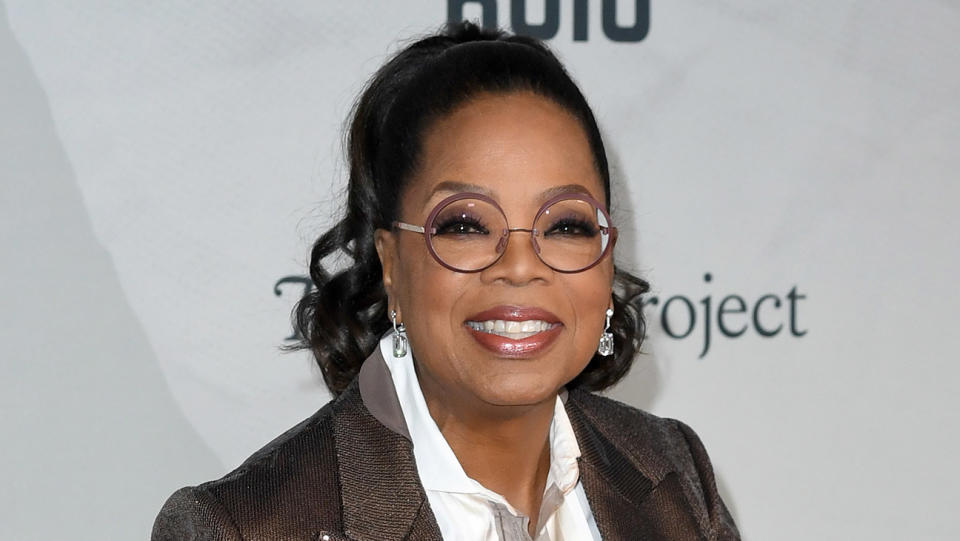
MEDIA MOGUL
Winfrey has spent decades actively trying to level an uneven playing field, be it through politics, journalism or hundreds of millions in dedicated philanthropy. In addition to her titular OWN network, which caters to an underserved Black audience with groundbreaking series like Queen Sugar, Winfrey has acted as both a producer and a champion of other inclusive efforts, from Hulu’s The 1619 Project to a forthcoming new adaptation of The Color Purple.
Forest Whitaker & Nina Yang Bongiovi
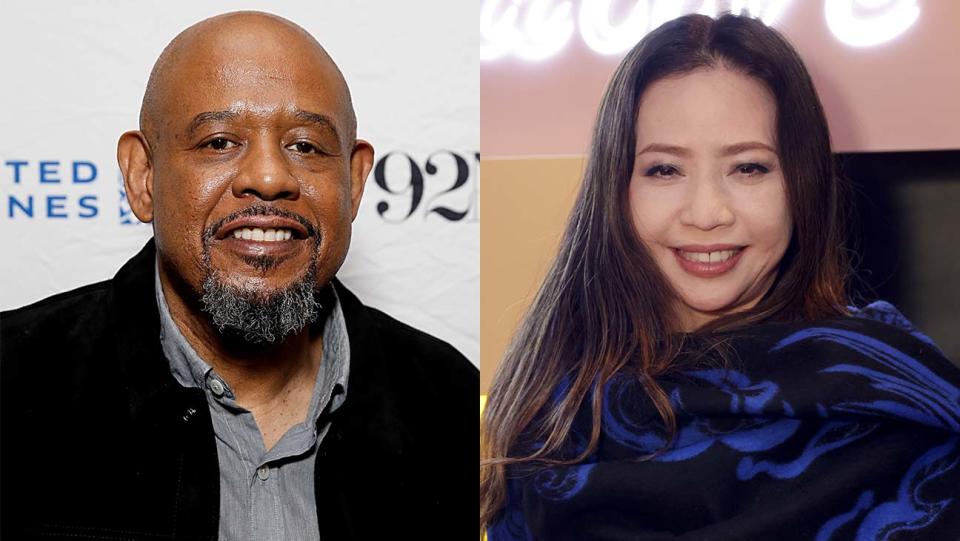
PRODUCERS
Ryan Coogler and Boots Riley are among the filmmakers boosted by Yang Bongiovi and Whitaker’s Significant Productions, which has earned a reputation for producing debut features from promising directors of color. Yang Bongiovi also co-founded AUM Group, which helps finance projects like this year’s Sundance breakout Fancy Dance from Indigenous filmmaker Erica Tremblay. Working to create a truly diverse Hollywood, says Yang Bongiovi, “means putting everything you’ve built in your career — your leverage, reputation, brand and visibility — on the line with your peers and gatekeepers.”
I’m excited about …
YANG BONGIOVI “Bing Chen from Gold House.”
Janet Yang
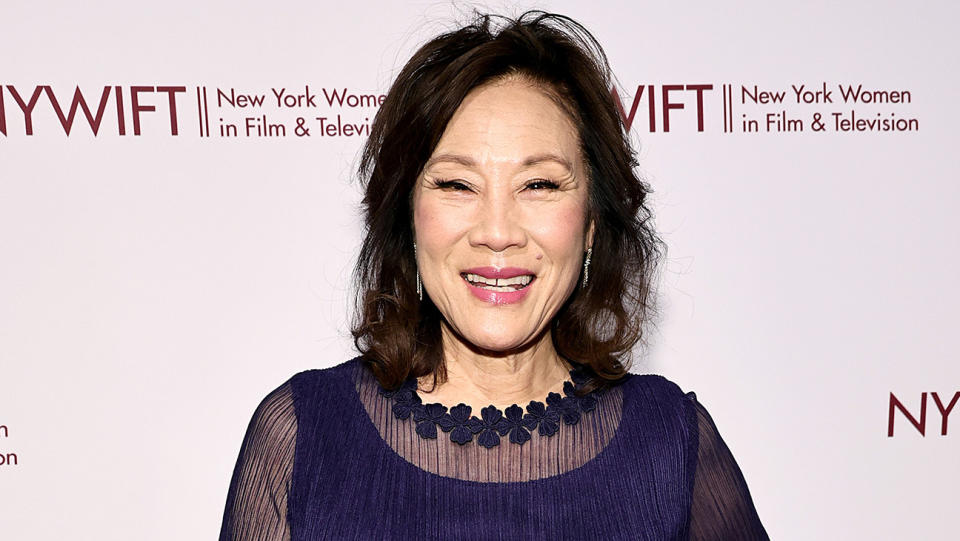
THE ACADEMY OF MOTION PICTURE ARTS AND SCIENCES
The Queens-born daughter of Chinese immigrants is the fourth woman, second person of color and first Asian ever elected president of the Academy. After Chris Rock mocked Asian kids on the 2016 Oscars, the Joy Luck Club producer rallied others to lean on the org’s leadership to do better, and in 2019 was appointed to its board as a governor-at-large. This season, a film won’t be eligible for best picture unless it meets the Oscars’ new inclusion requirements.
Fave inclusive project (that I didn’t work on): “Everything Everywhere combined heartfelt authenticity and wackiness like we’ve never seen before. The upcoming Joy Ride, a raunchy sex comedy, will cement AAPI’s place in the mainstream.”
Kim Yutani
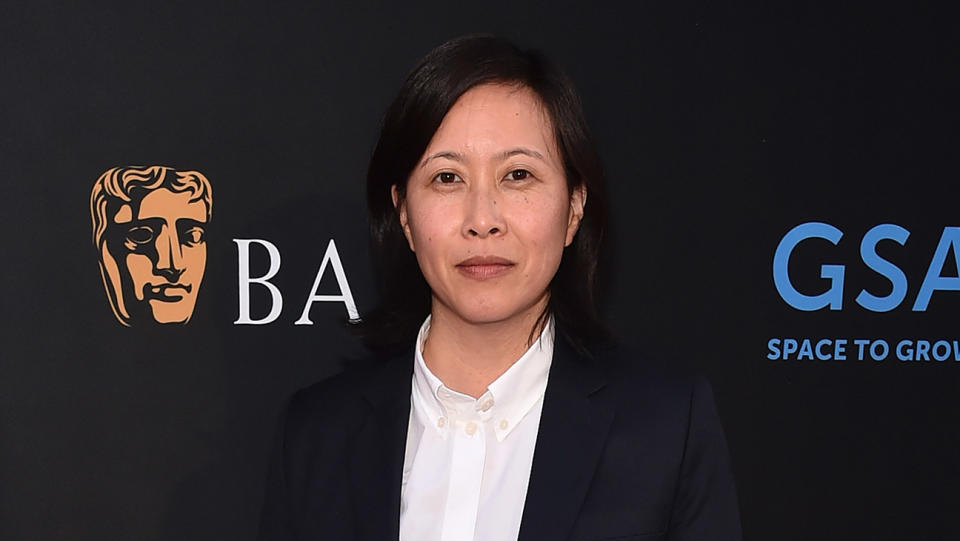
THE SUNDANCE INSTITUTE
As the Sundance Film Festival programming director, Yutani has made a concerted effort to feature more titles made by filmmakers from underrepresented backgrounds. Of more than 100 films in the 2023 lineup, 45 percent were directed by filmmakers who identify as people of color, while 20 percent were directed by members of the LGBTQ+ community. “I personally wouldn’t frame a push for equity and inclusion as ‘going above and beyond’ anything,” says Yutani. “You all have the ability to embrace equity and inclusion as something organic to your work culture.”
A force for change in my career: “Kirsten Schaffer, who became my mentor through Film Independent’s Project: Involve when she was at Outfest (now she’s the CEO of Women in Film).”
This story first appeared in the May 31 issue of The Hollywood Reporter magazine. Click here to subscribe.
Best of The Hollywood Reporter

 money
money 